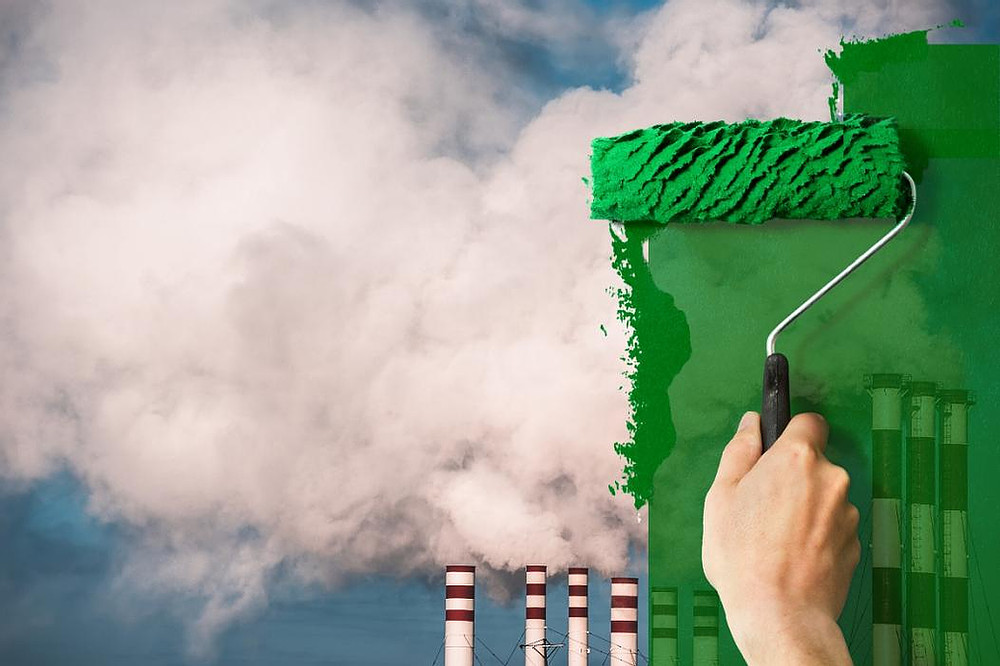
Greenwashing Tactic:
Partnerships, Sponsorships & Research Funding
Definition: Using corporate and NGO partnerships, sponsorships and research funding to give a commodity, an industry, ecolabel or company a ‘green’ and ‘eco-friendly’ reputation
Take action by sharing this
#Partnerships between Zoos or NGOs and big brands leads to #greenwashing and deception. Commodities: #Palmoil, #meat #sugar causing #ecocide or health problems gain a reputation boost. One example: “Sustainable” #palmoil. #BoycottPalmOil @palmoildetect https://palmoildetectives.com/2021/10/14/greenwashing-tactic-9-partnerships/
#Greenwashing tactic: When #corporate #partnerships and funding is given to a brand or an industry #ecolabel like RSPO in order to foster a ‘greener’ reputation for #palmoil which is bad for #health and the #environment #Boycottpalmoil 🌴⛔️ @palmoildetect https://palmoildetectives.com/2021/10/14/greenwashing-tactic-9-partnerships/
Jump to section
Orangutan Land Trust funded by rainforest destroying palm oil co. Kulim Malaysia Berhad
Orangutan Land Trust funded by Agropalma: during decades-long destruction of the Amazon for palm oil
Orangutan Land Trust and New Britain Palm Oil (NBPOL): Deep financial links
Greenwashing Partnership: Orangutan Land Trust, Ferrero & Chester Zoo
Greenwashing Partnership: WWF
Greenwashing Partnership: WAZA
Greenwashing Partnership: Chester Zoo & the RSPO
Greenwashing Partnership: Sustainable Palm Oil Cities
Greenwashing Partnership: Mobile apps
Greenwashing Research
Reality: Human rights abuses, land-grabbbing by RSPO members
Reality: Chester Zoo promoting “sustainable” palm oil and connected to slavery
Reality: RSPO 14 Years of Failure by Friends of the Earth and 100 other NGOs
Reality: Associated Press Investigation into RSPO members
Reality: Neue Zürcher Zeitung (NZZ) Investigation RSPO plantations on fire
Explore the Series
Further reading: greenwashing and deceptive marketing
Say thanks for this guide by donating to my Ko-Fi
Greenwashing through partnerships
Greenwashing occurs when private companies and global multinational corporations leverage the reputation of NGOs, researchers and ecolabels in order to greenwash their own murky and ambiguous reputation.
“A concern of [private corporations] is the absence of legitimacy, which can come with government action. Thus, private companies can choose to engage in partnerships with nongovernmental organizations (NGOs) for their actions to have a legitimacy framework.”
Isabelle Hayes, NGO Partnerships Providing Legitimacy to Private Environmental Governance, 42 Pace Env’t L. Rev 254 (2025) https://digitalcommons.pace.edu/pelr/vol42/iss2/2/
Orangutan Land Trust funded by rainforest destroying palm oil co. Kulim Malaysia Berhad
Orangutan Land Trust accepts a cheque for $500,000 for ‘worthy organisations on the ground’ from Kulim Malaysia Berhad, a palm oil company that is a corporate partner of Orangutan Land Trust as well and that has deforestation in their supply chain.

BSI, a company that conducts audits for the RSPO is a corporate partner of Orangutan Land Trust. BSI approved the certification of another one of Orangutan Land Trust’s partners Kulim Malaysia Berhad recognising them as being ‘sustainable’ according to the RSPO
In 2015, Orangutan Land Trust listed Kulim Malaysia Berhad, a palm oil company as one of their corporate partners on their website.

“Responsible and committed companies like Kulim ensure that no orangutan habitat is affected by their operations while also supporting conservation efforts outside their concession areas,” said Michelle Desilets, Executive Director, Orangutan Land Trust.
Michelle Desilets, quoted in Merdeka, Sept 2015
World’s largest sovereign wealth fund drops Kulim Malaysia Berhad over deforestation’ – Mongabay
A few months later in March 2016, Norway’s Government Pension Fund Global (GPFG), which manages $828 billion worth of funds, revealed that they had dropped Kulim Malaysia Berhad from their investment portfolio because Kulim were involved in ‘severe environmental damage and ecocide’ ‘World’s largest sovereign wealth fund just dropped 11 companies over deforestation’ – Mongabay.
The HAZE Elimination Team Facebook group asked Michelle Desilets to reveal who specifically received the funds. She did not provide funding recipients. See thread on Facebook and news story in Indonesian.

Again in 2019 on Twitter, Michelle Desilets was asked who received the money in Kalimantan. She did not answer. She has since been asked many times and only ever provided evasive answers about who exactly received the 500K from Kulim Malaysia Berhad
Orangutan Land Trust funded by Agropalma: during their decades-long destruction of the Amazon for palm oil
Orangutan Land Trust mentions fellow RSPO member Agropalma as being a sponsor and funder on their website and annual ACOP ( a report given to the RSPO) in 2014. Agropalma are listed on the OLT website until 2019.

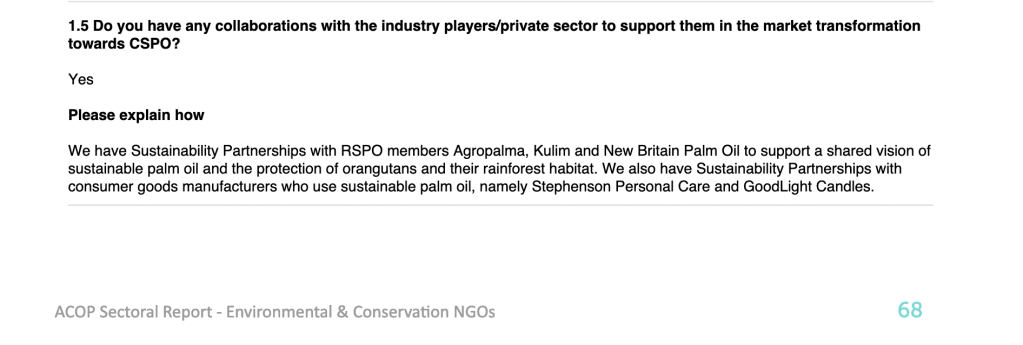
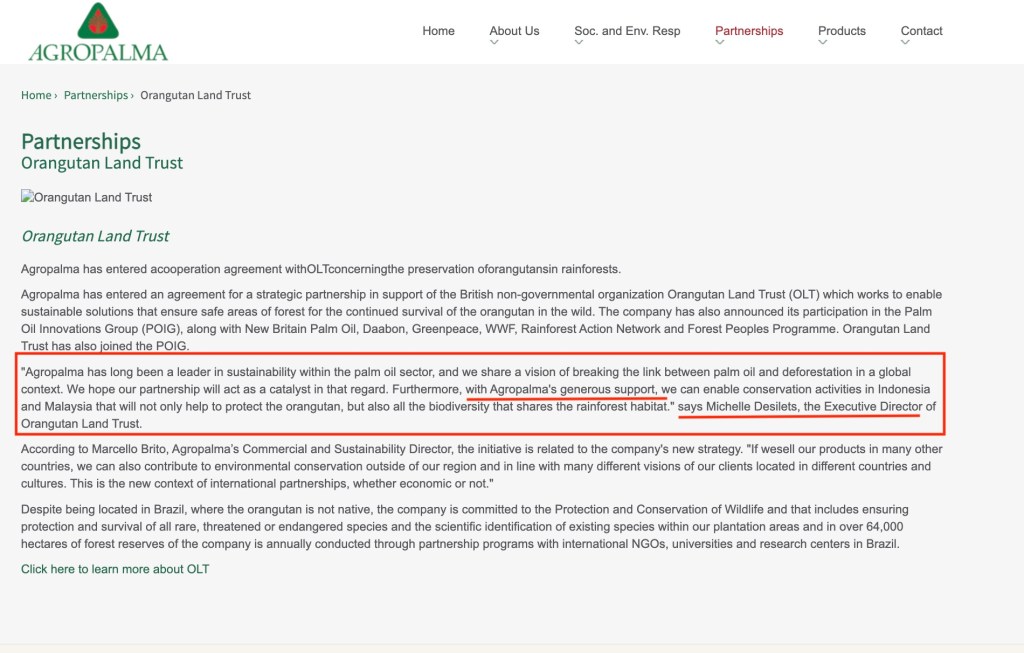
“With Agropalma’s generous support, we can enable conservation activities in Indonesia and Malaysia that will not only help to protect the orangutan, but also all the biodiversity that shares its rainforest habitat”.
Michelle Desilets of Orangutan Land Trust, quoted in the 2015 Agropalma Sustainability Report and on the Agropalma website, their full sustainability report is here.
From 2014- 2022 Orangutan Land Trust promote Agropalma on Twitter and elsewhere as offering “sustainable” palm oil \
A report by the Palm Oil Innovation Group (POIG) on their website between 2014-2020 reveals that Agropalma have been paying Orangutan Land Trust 10,000 GBP per quarter. Read report
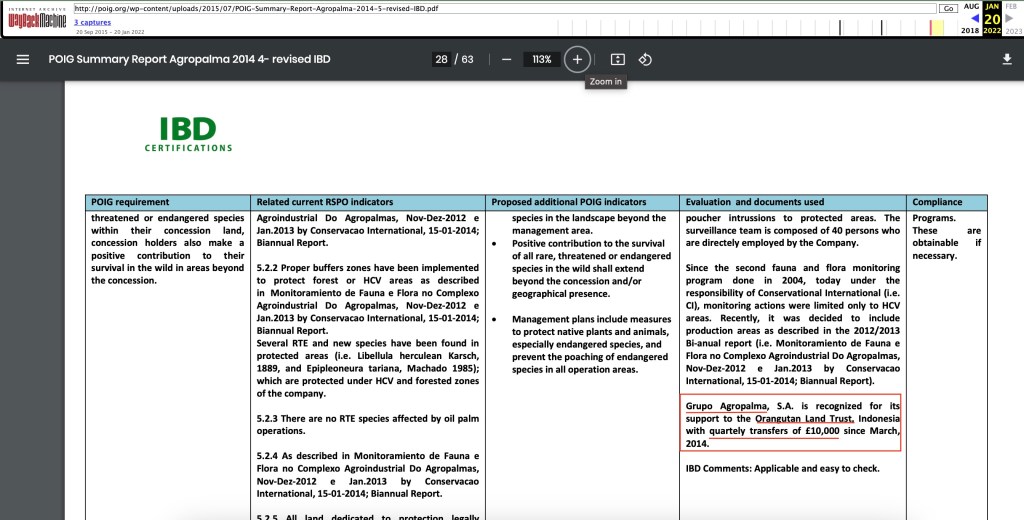
In 2022, Agropalma were the subject of a 2022 Global Witness report into the destruction of the Amazon rainforest and violence against indigenous land defenders. Read report
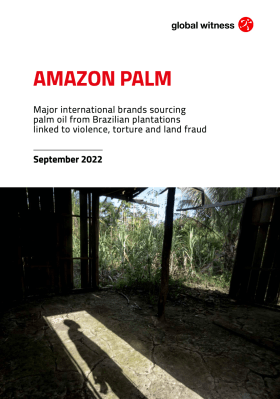
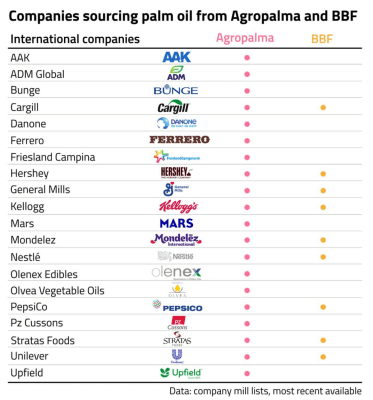
Between 2015 -2020, Agropalma were assessed by the RSPO’s Complaints Panel for human rights abuses. This panel includes Orangutan Land Trust’s Executive Director Michelle Desilets as a decision maker.
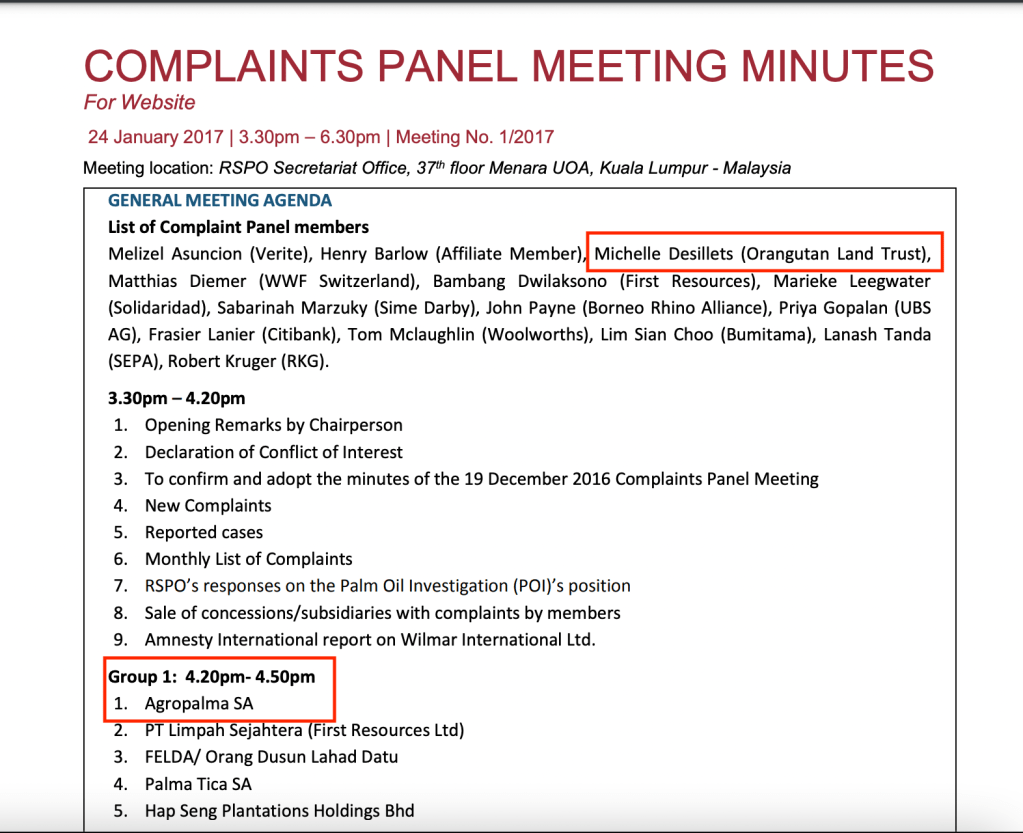
In 2020, the RSPO ruled in favour of Agropalma and against the human rights defenders and closed the case. Read letter
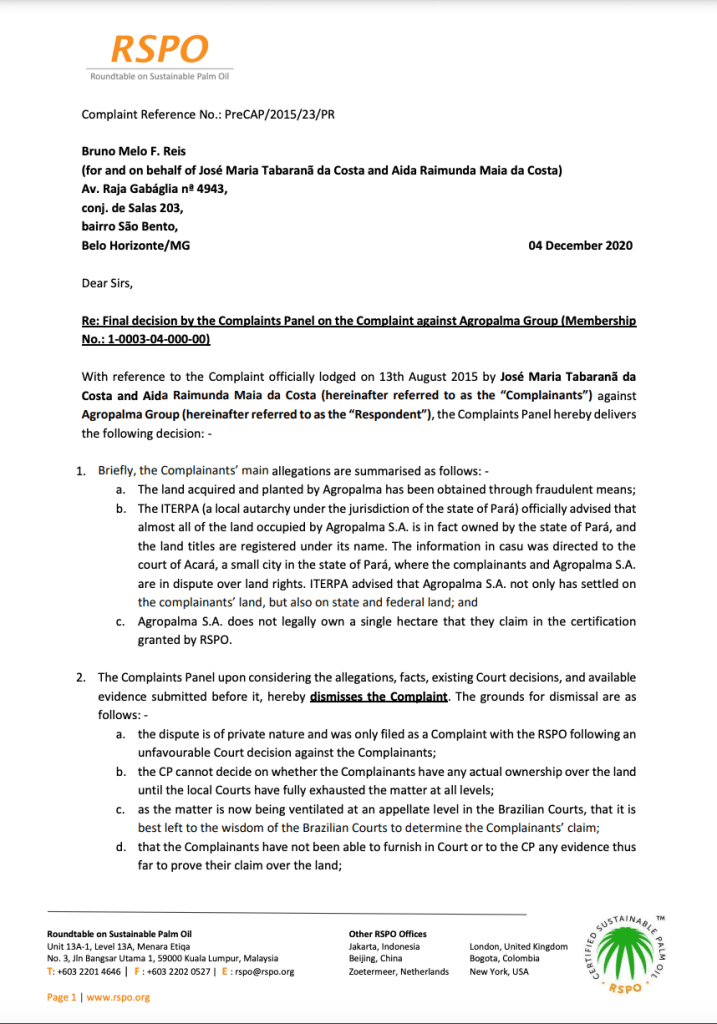
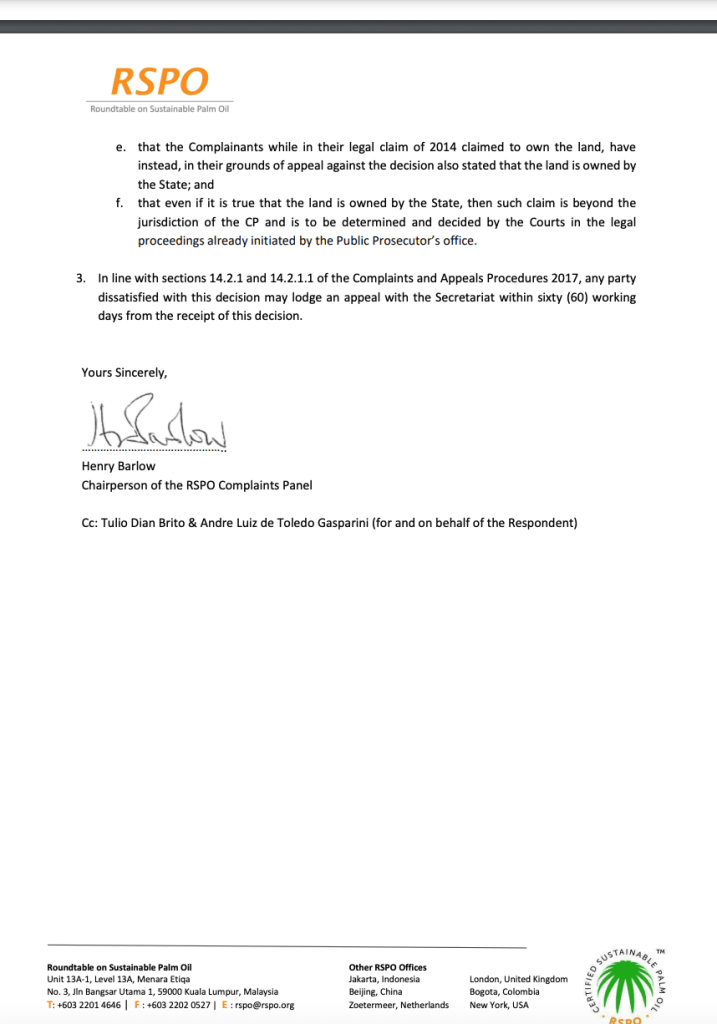
Orangutan Land Trust and New Britain Palm Oil (NBPOL): Deep financial links
There are deep financial and management links between the NGO Orangutan Land Trust, the RSPO, and palm oil company New Britain Palm Oil.
In 2012, in addition to receiving funds from Agropalma – Orangutan Land Trust received funds from palm oil company New Britain Palm Oil, while Michelle Desilets (and others) made decisions on the RSPO’s Complaints Panel about human rights cases related to New Britain Palm Oil. Read original document
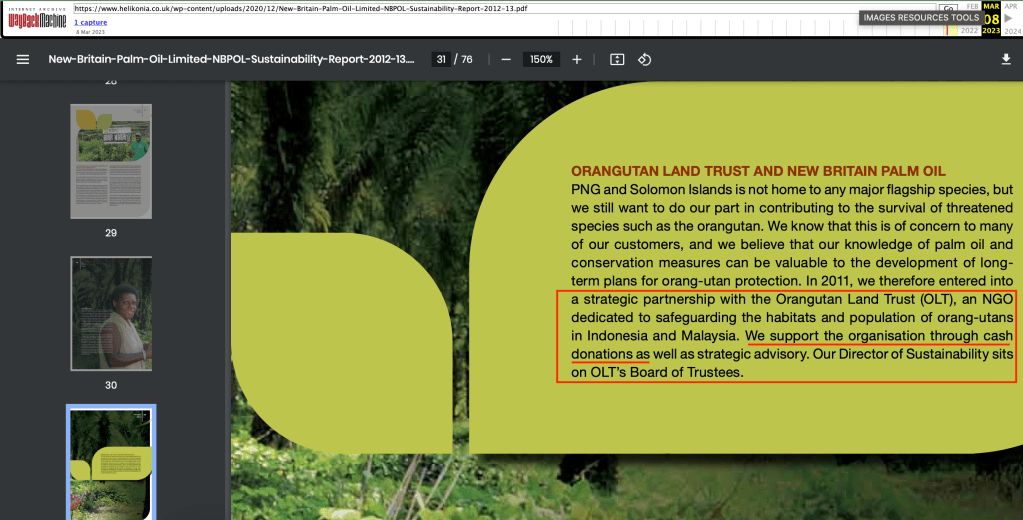
In 2012 Michelle Desilets and Simon Lord went onto TV to spruik the benefits of the RSPO and sustainable palm oil together. See original
Concurrently from 2012-2017 Simon Lord was the Sustainability Manager for New Britain Palm Oil as well as being the registered Director of Orangutan Land Trust during the period where cash donations were made from New Britain Palm Oil to Orangutan Land Trust.
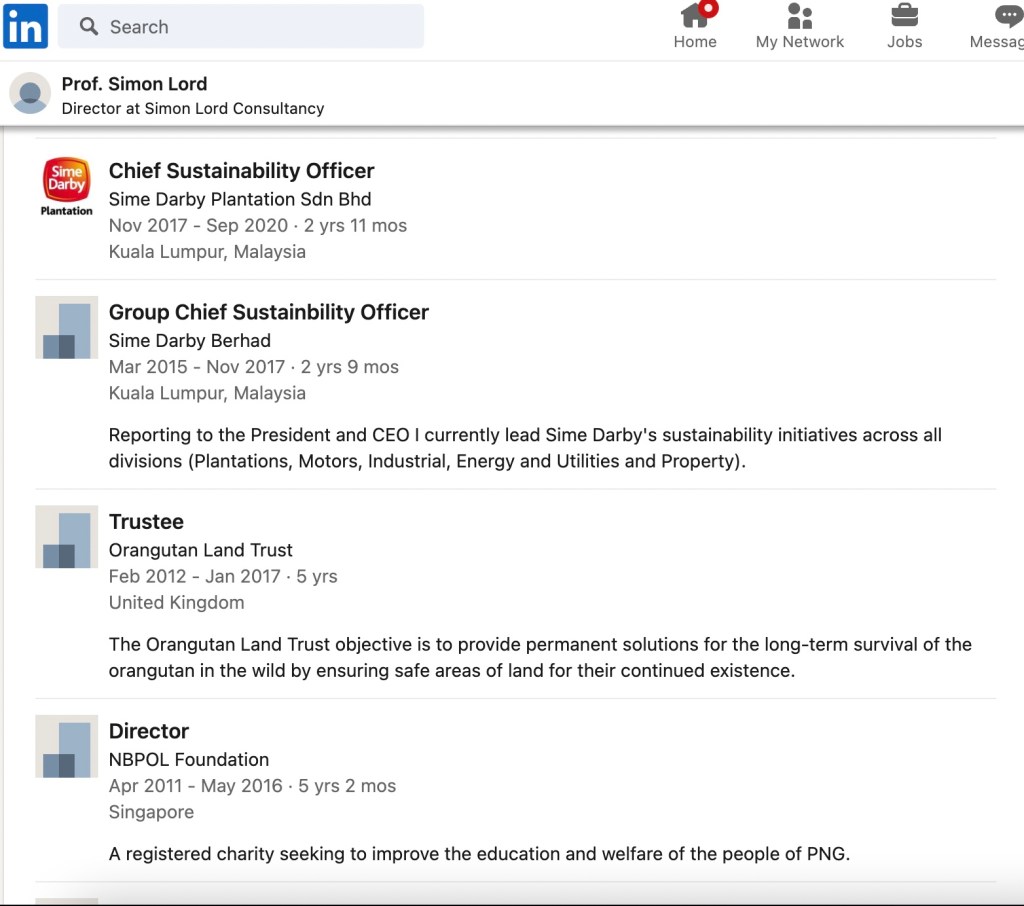
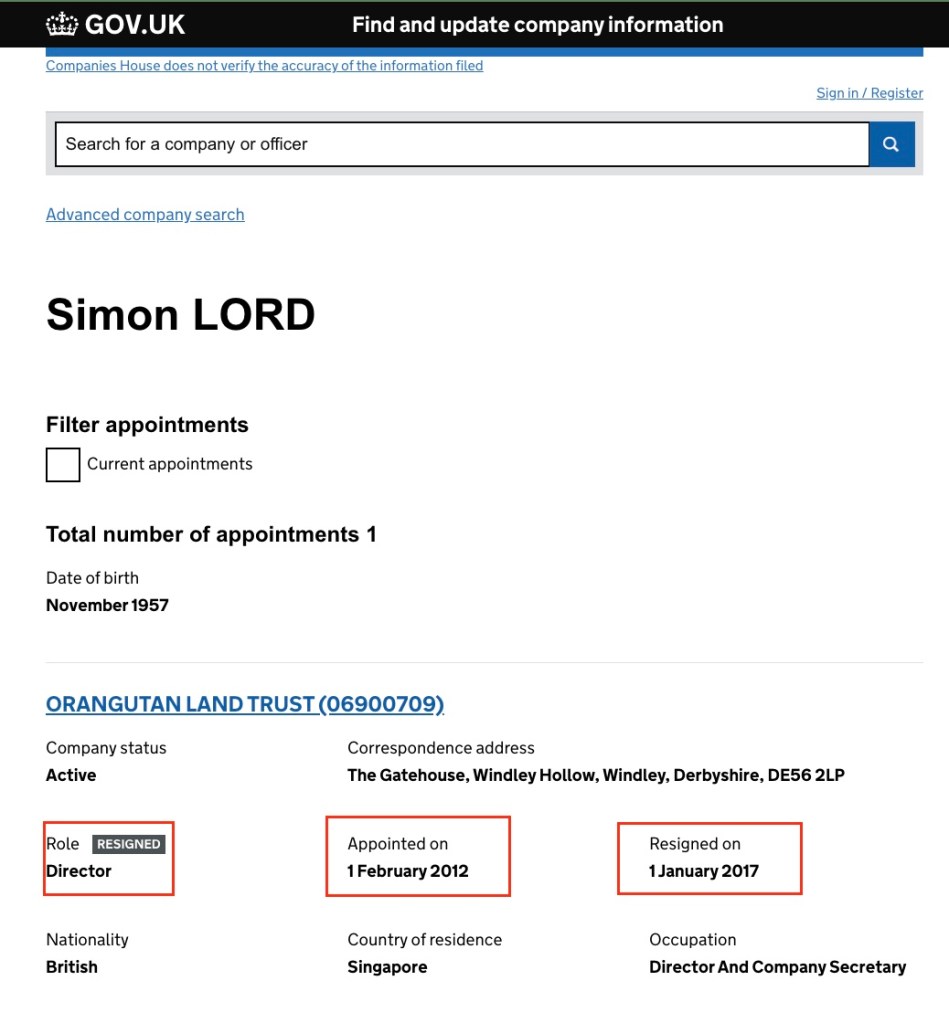
Greenwashing:
Orangutan Land Trust, Ferrero & Chester Zoo
Global brands and RSPO members Ferrero and Wilmar (linked to extensive human rights abuses and deforestation) work together with Chester Zoo, Orangutan Land Trust and the RSPO to promote sustainable palm oil
Political lobbying by Orangutan Land Trust, Ferrero and Chester Zoo means the UK government removes all tariffs on UK palm oil imports
In April 2023, Ferrero, Chester Zoo Orangutan Land Trust met with members of the UK Parliament. A few days later, UK MP Kemi Badenoch’s announced that the UK would be removing all tariffs on the import of palm oil. This move makes it straightforward for unchecked dirty palm oil to make its way into the UK, all of it directly linked to deforestation and human rights abuses. This shocking decision by the UK government was met with enormous opposition by media and environmental and human rights groups in the UK and all over the world.




Michelle Desilets of Orangutan Land Trust pushing “sustainable” palm oil at a Ferrero corporate event in 2016
Greenwashing:
World Wildlife Fund (WWF)
WWF provides an annual Palm Oil Scorecard which ranks supermarket brands (RSPO members) providing consumers with baseless reassurances of palm oil sustainability.
WWF’s Palm Oil Scorecard ranks RSPO members (supermarket brands) such as: Tesco, Nestle, Ferrero, Unilever, Pepsi, CocaCola, Hersheys, Colgate-Palmolive, L’Oreal, Avon, Johnson&Johnson, Mondelez, PZ Cussons, Mars. This score card omits deforestation, fires, human rights abuses, illegal landgrabbing, violence and ecocide caused by these same RSPO members, by using ‘green’ words and design.
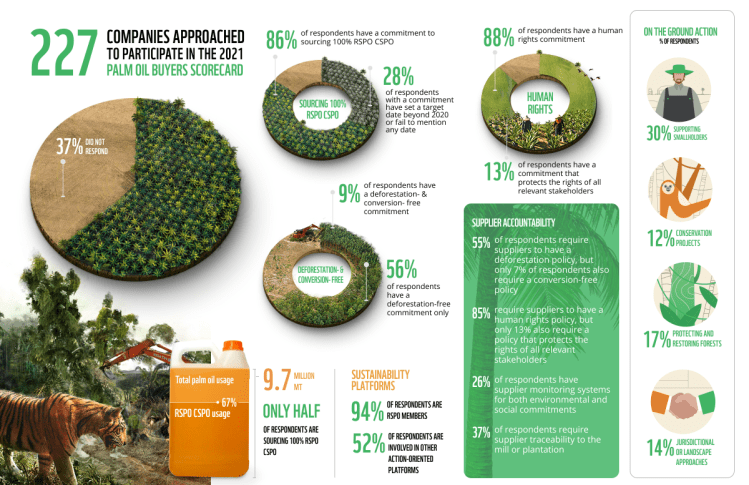
A founding member of the RSPO, WWF adds legitimacy and is a well-known global conservation brand. Their mission of saving animals has been overtaken by corporate interests and the need for corporate funding.
Greenwashing:
World Association of Zoos and Aquariums (WAZA)
Zoos around the world promote the use of RSPO ‘sustainable’ palm oil
Despite clear, long-term evidence of indigenous land-grabbing, human rights abuses, ecocide, violence and deforestation by RSPO members
Chester Zoo provides educational and marketing resources to the Zoo network. The RSPO members (supermarket brands) provide sponsorship and funding in exchange for the promotion of sustainable palm oil.
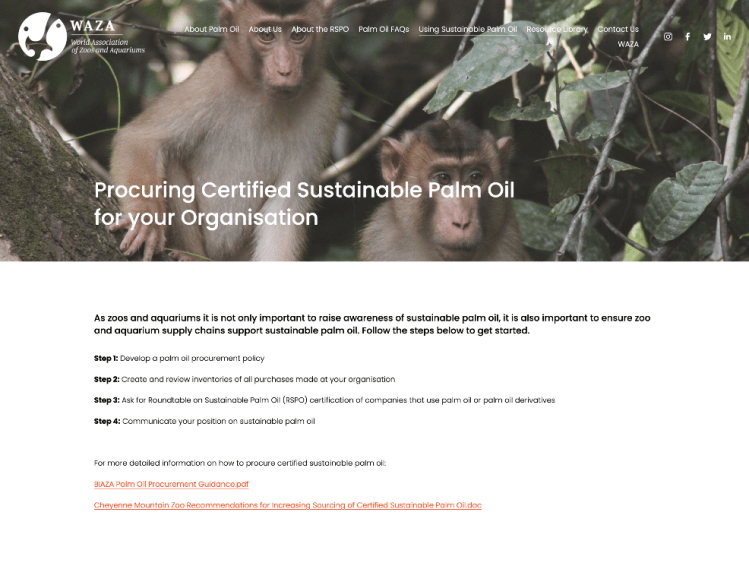
Greenwashing:
Chester Zoo & the RSPO push ‘sustainable’ palm oil in UK schools
Chester Zoo and the RSPO promote educational resources and marketing materials about ‘sustainable’ palm oil to children and teens across the UK
This term, Year 6 have been studying deforestation and the need for sustainable palm oil in our everyday items. Our research of products, sustainable sources and the effect on wildlife culminated in a group being invited to deliver a presentation at @chesterzoo for @LearnatCZ
Originally tweeted by St Joseph’s Catholic Primary School (@stjosephsbh) on October 21, 2021.

Greenwashing:
Sustainable Palm Oil Cities
Chester Zoo, Ferrero, Orangutan Land Trust and the RSPO push sustainable palm oil to city councils in the ‘Sustainable Palm Oil Cities’ initiative.
Greenwashing:
Mobile apps are promoted by zoos and the RSPO to push sustainable palm oil
The Giki Earth, Cheyenne Mountain Zoo app and Impact Score App promote ‘sustainable’ palm oil to consumers, giving them the reassurances of ‘orangutan safe’ and ‘sustainable’ choices in the supermarket
‘Orangutan Friendly’ recommendations in the Cheyenne Mountain Zoo app include all RSPO ‘certified sustainable’ members linked to deforestation, ecocode and human rights abuses for palm oil
Greenwashing:
Research that examines the RSPO’s ‘sustainability’ is funded by the RSPO and industry, i.e. global food companies

Original tweet
SEnSOR (Socially and Environmentally Sustainable Oil palm Research) is a research programme set-up to examine the environmental and social impact of the RSPO. However, as this photo from Twitter reveals, it is funded by the RSPO, along with the industry – meaning global supermarket brands and palm oil companies that are part of the RSPO. No specific mention of industry funding is present on any research papers, the university websites, the SEnSOR website or anywhere else.
The SEnSOR project receives funding from the RSPO but is still apparently able to release findings that are independent and critical of the certification scheme.
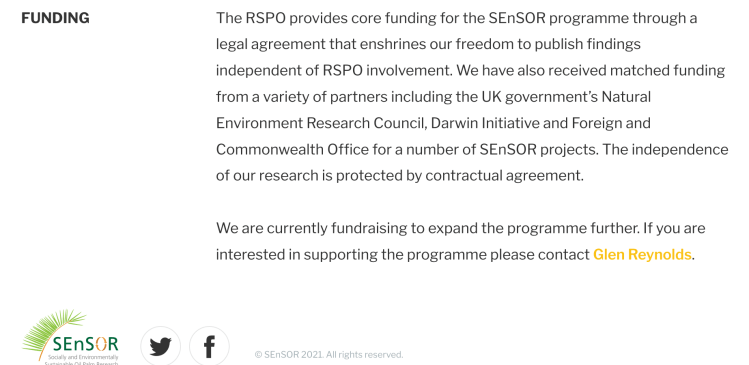
Funding relationships with the RSPO are left off the University of York’s website. There is no mention at all of palm oil research or of SEnSOR project on the University of Oxford’s website either.
In research published by the SEnSOR project, authors declare that they have done work for palm oil companies and/or the RSPO.
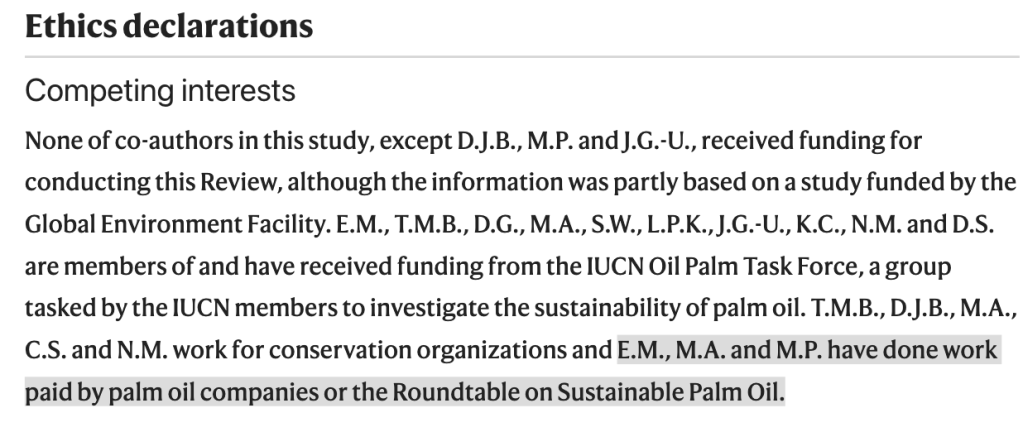
Research papers produced by the SEnSOR programme analysing the RSPO’s sustainability and effectiveness – paid for by the RSPO and industry
See detail of funding sources on the UKRI website and here.
The results of SEnSOR’s research studies reveal that RSPO certification is ineffective at stopping deforestation, loss of biodiversity and improving livelihoods of smallholder farmers. Read more.
Wilmar International : And Searrp Collaborate For Scientific Research In Forest Rehabilitation
04/18/2022 | 05:34am EDT
Wilmar and SEARRP have worked together since 2006 where the collaboration between both parties to support academic research has shed light on the impact and role of sustainably managed palm oil plantations in supporting and maintaining forest biodiversity in and around the plantations.
Among the key findings of the research were a proposed forest patch size that is viable for biodiversity conservation, the importance of forest quality to increase viability for conservation and the position of a conservation area in relation to other intact forest areas in the landscape.
The partnership had also culminated in a workshop organised in 2015 in Amsterdam, The Netherlands, entitled “Enhancing biodiversity conservation in the oil palm industry: Translating science into action”. Read more
These same researchers act as public campaigners and spokespeople for ‘sustainable’ palm oil
To be successful in avoiding biodiversity losses RSPO plantations need to demonstrate avoided deforestation, and reduced fragmentation with higher forest cover and connectivity within their concession areas.
The Potential for Oil Palm Landscapes to Support At-Risk Species
Dr Jennifer Lucey’s research, which is funded by the RSPO and industry sets out the minimum amount of rainforest that can be left over for endangered species by the palm oil industry.
Dr Eric Meijaard is the Chair of the IUCN Palm Oil Taskforce
He produces research about sustainable palm oil that is either ambiguous and inconclusive or positive about the effect that ‘sustainable’ palm oil plantations have on biodiversity and ecology. He publicly promotes the idea of sustainable palm oil, despite its links to ecocide, deforestation and human rights abuses associated with RSPO members (supermarket brands, palm oil traders and producers).
Reality
Human rights abuses, land-grabbbing by RSPO members
We find positive effects on prices and income from sale of certified products. However, we find no change in overall household income and assets for workers. The wages for workers are not higher in certified production.
Oya, C., Schaefer, F. & Skalidou, D. The effectiveness of agricultural certification in developing countries: a systematic review. World Dev. 112, 282–312 (2018).
We find that, while sustainability standards can help improve the sustainability of production processes in certain situations, they are insufficient to ensure food system sustainability at scale, nor do they advance equity objectives in agrifood supply chains.
Meemken, EM., Barrett, C.B., Michelson, H.C. et al. Sustainability standards in global agrifood supply chains. Nat Food (2021). https://doi.org/10.1038/s43016-021-00360-3
Chester Zoo: promoting “sustainable” palm oil and connected to slavery
Chester Zoo has a ‘Modern Slavery’ act on their website which prohibits slavery in their suppliers and partners. Yet they are a public partner of the RSPO, an industry certification scheme deeply embedded in ecocide, corruption, deforestation, human rights abuses. They also partner with Ferrero and receive funding from them – a global food company and RSPO member involved in slavery, deforestation and human rights abuses.
Yet Chester Zoo partners with and promotes RSPO members and receives funding from Ferrero, a global food company and RSPO member with links to child slavery and deforestation.
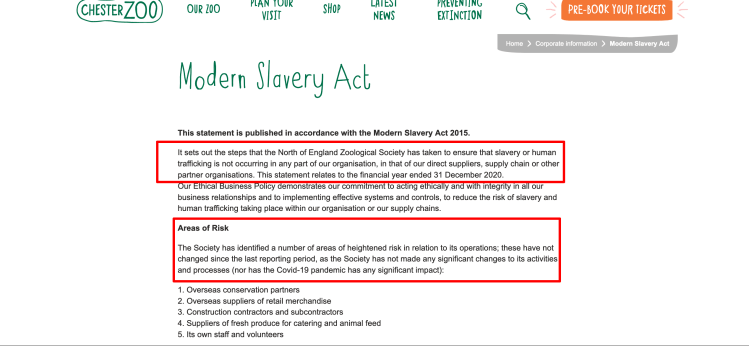
A 2021 Investigation by Global Witness finds that palm oil companies in Papua New Guinea are alleged to have been involved in corruption, child labour, apparent tax evasion, deforestation, worker deaths and paying police to assault villagers.
The palm oil from these mills is used by RSPO members Colgate-Palmolive, Kelloggs, General Mills, Nestle, Hersheys, Danone, PZ Cussons – finds its way into our weekly supermarket shop.
A 2021 campaign by Sum of Us delivers 260,000 signatures on a petition to the US government to order Ferrero to stop sourcing palm oil.
Ferrero’s palm oil used in products like Ferrero Rocher and Nutella. Their palm oil is linked to child slavery, violence, human rights abuses and deforestation.
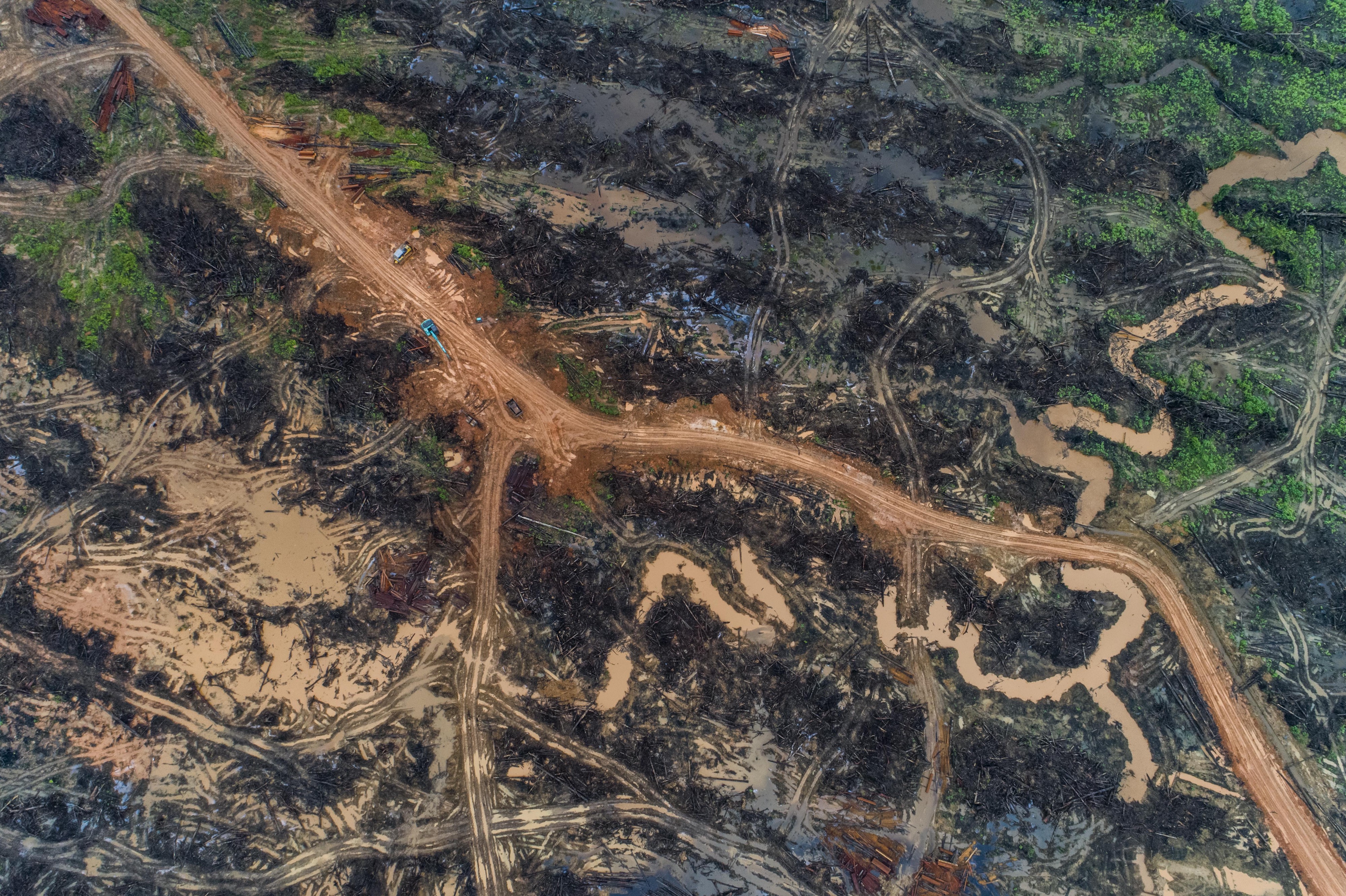
RSPO: 14 years of failure to eliminate violence and destruction from the industrial palm oil sector
Friends of the Earth and 100 other human rights and environmental NGOS co-signed this letter in 2018
Letter
During its 14 years of existence, RSPO – the Roundtable on Sustainable Palm Oil – has failed to live up to its claim of “transforming” the industrial palm oil production sector into a so-called “sustainable” one. In reality, the RSPO has been used by the palm oil industry to greenwash corporate destruction and human rights abuses, while it continues to expand business, forest destruction and profits.
RSPO presents itself to the public with the slogan “transforming the markets to make sustainable palm oil the norm”. Palm oil has become the cheapest vegetable oil available on the global market, making it a popular choice among the group that dominates RSPO membership, big palm oil buyers.
They will do everything to secure a steady flow of cheap palm oil. They also know that the key to the corporate success story of producing “cheap” palm oil is a particular model of industrial production, with ever-increasing efficiency and productivity which in turn is achieved by:
- Planting on a large-scale and in monoculture, frequently through conversion of tropical biodiverse forests
- Using “high yielding” seedlings that demand large amounts of agrotoxics and abundant water.
- Squeezing cheap labour out of the smallest possible work force, employed in precarious conditions so that company costs are cut to a minimum
- Making significant up-front money from the tropical timber extracted from concessions, which is then used to finance plantation development or increase corporate profits.
- Grabbing land violently from local communities or by means of other arrangements with governments (including favourable tax regimes) to access land at the lowest possible cost.
Those living on the fertile land that the corporations choose to apply their industrial palm oil production model, pay a very high price.
Violence is intrinsic to this model:
- violence and repression when communities resist the corporate take over of their land because they know that once their land is turned into monoculture oil palm plantations, their livelihoods will be destroyed, their land and forests invaded. In countless cases, deforestation caused by the expansion of this industry, has displaced communities or destroyed community livelihoods where
- companies violate customary rights and take control of community land;
- sexual violence and harassment against women in and around the plantations which often stays invisible because women find themselves without possibilities to demand that the perpetrators be prosecuted;
- Child labour and precarious working conditions that go hand-in-hand with violation of workers’ rights;
- working conditions can even be so bad as to amount to contemporary forms of slavery. This exploitative model of work grants companies more economic profits while allowing palm oil to remain a cheap product. That is why, neither them or their shareholders do anything to stop it.
- exposure of workers, entire communities and forests, rivers, water springs, agricultural land and soils to the excessive application of agrotoxics;
- depriving communities surrounded by industrial oil palm plantations of their food sovereignty when industrial oil palm plantations occupy land that communities need to grow food crops.
RSPO’s proclaimed vision of transforming the industrial oil palm sector is doomed to fail because the Roundtable’s certification principles promote this structural violent and destructive model.
The RSPO also fails to address the industry’s reliance on exclusive control of large and contingent areas of fertile land, as well as the industry’s growth paradigm which demands a continued expansion of corporate control over community land and violent land grabs.
None of RPSO’s eight certification principles suggests transforming this industry reliance on exclusive control over vast areas of land or the growth paradigm inherent to the model.
Industrial use of vegetable oils has doubled in the past 15 years, with palm oil being the cheapest. This massive increase of palm oil use in part explains the current expansion of industrial oil palm plantations, especially in Africa and Latin America, from the year 2000 onward, in addition to the existing vast plantations areas in Malaysia and Indonesia that also continue expanding.
On the ground, countless examples show that industrial oil palm plantations continue to be synonymous to violence and destruction for communities and forests. Communities’ experiences in the new industrial oil palm plantation frontiers, such as Gabon, Nigeria, Cameroon, Liberia, Sierra Leone, Peru, Honduras, Brazil, Colombia, Ecuador, are similar to past and ongoing community experiences in Indonesia and Malaysia.
RSPO creates a smokescreen that makes this violence invisible for consumers and financiers. Governments often fail to take regulatory action to stop the expansion of plantations and increasing demand of palm oil; they rely on RSPO to deliver an apparently sustainable flow of palm oil.
For example, in its public propaganda, RSPO claims it supports more than 100,000 small holders. But the profit from palm oil production is still disproportionally appropriated by the oil palm companies: in 2016, 88% of all certified palm oil came from corporate plantations and 99,6% of the production is corporate-controlled.
RSPO also claims that the principle of Free, Prior and Informed Consent (FPIC) is key among its own Principles and Criteria. The right to FPIC implies, among others, that if a community denies the establishment of this monoculture in its territory, operations cannot be carried out. Reality shows us, however, that despite this, many projects go ahead.
Concessions are often guaranteed long before the company reaches out to the affected communities. Under these circumstances, to say that FPIC is central to RSPO is bluntly false and disrespectful.
RSPO also argues that where conflicts with the plantation companies arise, communities can always use its complaint mechanism. However, the mechanism is complex and it rarely solves the problems that communities face and want to resolve.
This becomes particularly apparent in relation to land legacy conflicts where the mechanism is biased against communities. It allows companies to continue exploiting community land until courts have come to a decision. This approach encourages companies to sit out such conflicts and count on court proceedings dragging on, often over decades.
Another argument used by RSPO is that industrial oil palm plantations have lifted millions of people out of poverty. That claim is certainly questionable, even more so considering that there is also an important number of people who have been displaced over the past decades to make space for plantations.
Indigenous communities have in fact lost their fertile land, forests and rivers to oil palm plantations, adversely affecting their food, culture and local economies.
The RSPO promise of “transformation” has turned into a powerful greenwashing tool for corporations in the palm oil industry. RSPO grants this industry, which remains responsible for violent land grabbing, environmental destruction, pollution through excessive use of agrotoxics and destruction of peasant and indigenous livelihoods, a “sustainable” image.
What’s more, RSPO membership seems to suffice for investors and companies to be able to claim that they are “responsible” actors. This greenwash is particularly stunning, since being a member does not guarantee much change on the ground. Only recently, a company became RSPO member after it was found to deforest over 27.000 hectares of rainforest in Papua, Indonesia.
Certification is structurally dependent on the very same policies and regulation that have given rise to the host of environmental devastation and community land rights violations associated with oil palm plantations. These systemic governance issues are part of the destructive economic model, and embedded in state power.
For this reason, voluntary certification schemes cannot provide adequate protection for forests, community rights, food sovereignty and guarantee sustainability. Governments and financiers need to take responsibility to stop the destructive palm oil expansion that violates the rights of local communities and Indigenous Peoples.
As immediate steps, governments need to:
- Put in place a moratorium on palm oil plantations expansion and use that as a breathing space to fix the policy frameworks;
- Drastically reduce demand for palm oil: stop using food for fuel;
- Strengthen and respect the rights of local communities and Indigenous Peoples to amongst others, self-determination and territorial control.
- Promote agro-ecology and community control of their forests, which strengthens local incomes, livelihoods and food sovereignty, instead of advancing industrial agro-businesses.
Signatures
- Aalamaram-NGOAcción Ecológica, Ecuador
- ActionAid, France
- AGAPAN
Amics arbres - Arbres amics
- Amis de la Terre France
- ARAARBA (Asociación para la Recuperación del Bosque Autóctono)
- Asociación Conservacionista YISKI, Costa Rica
Asociación Gaia El Salvador - Association Congo Actif, Paris
- Association Les Gens du Partage, Carrières-sous-Poissy
- Association pour le développement des aires protégées, Swizterland
- BASE IS
- Bézu St Eloi
- Boxberg OT Uhyst
- Bread for all
- Bruno Manser Fund
- CADDECAE, Ecuador
- Campaign to STOP GE Trees
- CAP, Center for Advocacy Practices
- Centar za životnu sredinu/ Friends of the Earth Bosnia and Herzegovina
- CESTA – FOE El Salvador
- CETRI – Centre tricontinental
- Climate Change Kenya
- Coalición de Tendencia Clasista. (CTC-VZLA)
- Colectivo de Investigación y Acompañmiento Comunitario
- Collectif pour la défense des terres malgaches – TANY, Madagascar
- Community Forest Watch, Nigeria
- Consumers Association of Penang
- Corporate Europe Observatory
- Cuttington University
- Down to Earth Consult
- El Campello
- Environmental Resources Management and Social Issue Centre (ERMSIC) Cameroon
- Environmental Rights Action/Friends of the Earth Nigeria
- FASE ES , Brazil
- Fédération romande des consommateurs
- FENEV, (Femmes Environnement nature Entrepreneuriat Vert).
- Focus on the Global South
- Forum Ökologie & Papier, Germany
- Friends of the Earth Ghana
- Friends of the Earth International
- GE Free NZ, New Zealand
- Global Alliance against REDD
- Global Justice Ecology Project
- Global Info
- Gobierno Territorial Autónomo de la Nación Wampís , Peru
- GRAIN
- Green Development Advocates (GDA)
- CameroonGreystones, Ireland
- Groupe International de Travail pour les Peuples Autochtones
Grupo ETC - Grupo Guayubira, Uruguay
- Instituto Mexicano de Gobernanza Medioambiental AC Instituto Mexicano de Gobernanza Medioambiental AC
- Integrated Program for the Development of the Pygmy People (PIDP), DRC
- Justica Ambiental
- Justicia Paz e Integridad de la Creacion. Costa Rica
- Kempityari
- Latin Ambiente, http://www.latinambiente.org
- Les gens du partage
- LOYOLA SCHOOL OF THEOLOGY, MANILA
- Maderas del Pueblo del Sureste, AC
- Maiouri nature, Guyane
- Mangrove Action Project
- Milieudefensie – Friends of the Earth Netherlands
- Movimento Amigos da Rua Gonçalo de Carvalho
- Muyissi Environnement, Gabon
- Nature-d-congo de la République du Congo
- New Wind Association from Finland
- NOAH-Friends of the Earth Denmark
- Oakland Institute
- OFRANEH, Honduras
- Ole Siosiomaga Society Incorporated (OLSSI)
- ONG OCEAN : Organisation Congolaise des Ecologistes et Amis de la Nature et sommes basés en RD Congo.
- OPIROMA, Brazil
- Otros Mundos A.C./Amigos de la Tierra México
- Paramo Guerrrero Zipaquira
- PROYECTO GRAN SIMIO (GAP/PGS-España)
- Quercus – ANCN, Portugal
- Radd (Reseau des Acteurs du Développement Durable) , Cameroon
- Rainforest Foundation UK
- Rainforest Relief
- ReAct – Alliances Transnationales
- RECOMA – Red latinoamericana contra los monocultivos de árboles
- Red de Coordinacion en Biodiversidad , Çosta Rica
- REFEB-Cote d’Ivoire
- Rettet den Regenwald, Germany
- ROBIN WOOD
- Sahabat Alam Malaysia (Friends of the Earth Malaysia)
- Salva la Selva
- School of Democratic Economics, Indonesia
- Serendipalm Company Limited
- Sherpa , The Netherlands
- SYNAPARCAM, Cameroon
- The Corner House, UK
Towards Equitable Sustainable Holistic Development - TRAFFED KIVU ,RD. CONGOUNIÓN UNIVERSAL DESARROLLO SOLIDARIO
University of Sussex, UK - UTB ColombiaWatch Indonesia!
- WESSA
World Rainforest Movement - Youth Volunteers for the Environment Ghana
Associated Press investigation (2020) finds widespread violence, rape and slavery of women by RSPO members: Colgate-Palmolive, L’Oreal, Avon, Unilever, Johnson&Johnson, for palm oil that ends up in beauty brands

“The expansion of oil palm plantations has created many detrimental environmental impacts, such as deforestation, loss of biodiversity, land conflicts, labour conflicts, and social conflicts around plantations.
“Environmental damage and social injustice were reasons why the global palm oil certification, the Roundtable on Sustainable Palm Oil (RSPO) was established.
“In practice, requirements for oil palm certifications are easily violated. Lots of things are problematic.”
— Dr Setia Budhi, Dayak Ethnographer, In His Own Words.
Global corporates are responsible for the majority of palm oil production and deforestation risk, not smallholder farmers
The three biggest palm oil traders: Sinar Mas, Wilmar and Musim Mas – all RSPO members, also have the biggest deforestation risk. Deforestation goes against the RSPO’s rules.
Source: Insights: Indonesian Palm Oil. Trase Earth (2018)
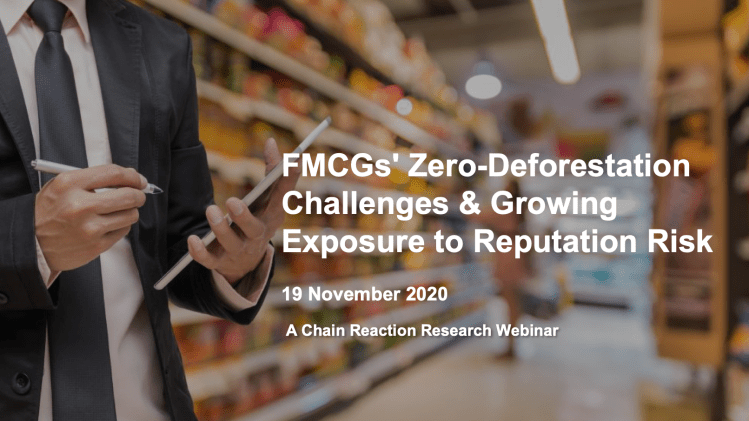

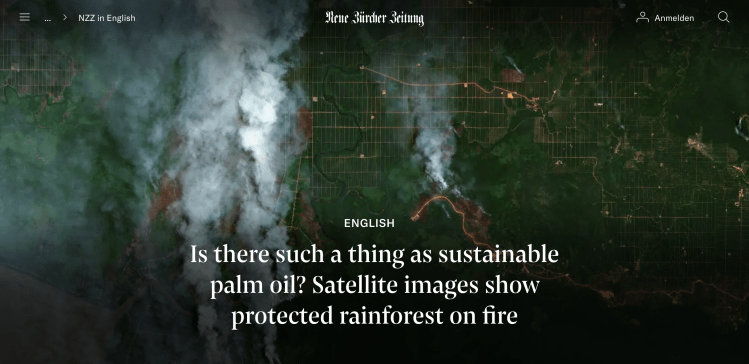
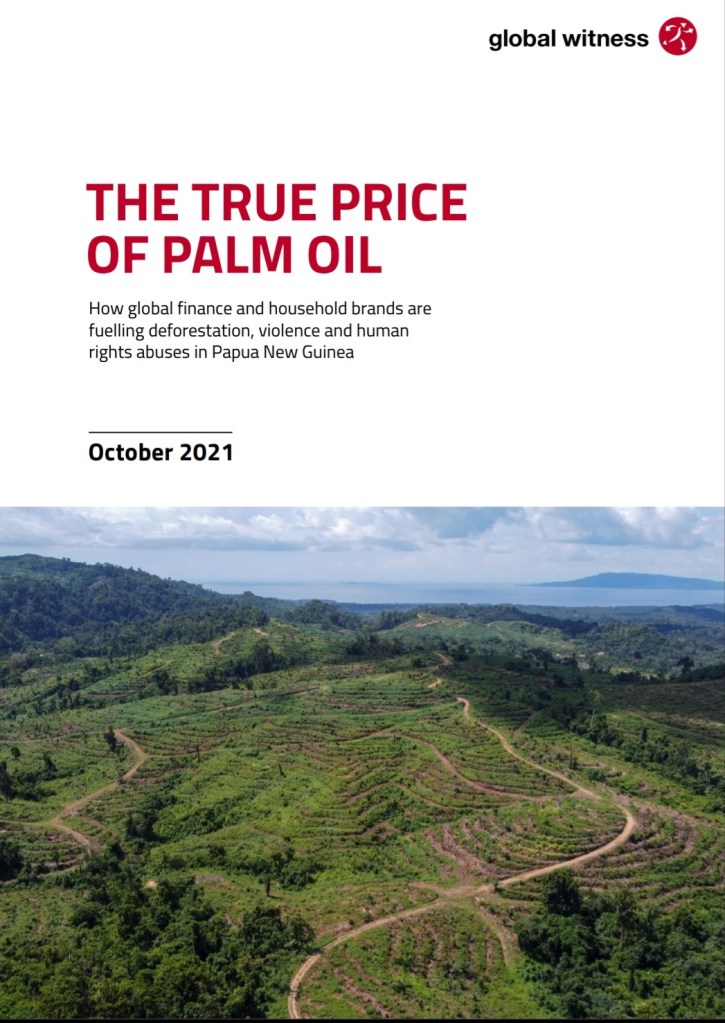

Reality
Neue Zürcher Zeitung (NZZ) Investigation RSPO plantations on fire
Is there such a thing as sustainable palm oil? Satellite images show protected rainforest on fire – Neue Zürcher Zeitung (NZZ)

Certification had no causal impact on forest loss in peatlands or active fire detection rates.
Kimberly M. Carlson, Robert Heilmayr, Holly K. Gibbs, Praveen Noojipady et al. Effect of oil palm sustainability certification on deforestation and fire in Indonesia, PNAS January 2, 2018 115 (1) 121-126 https://doi.org/10.1073/pnas.1704728114
No significant difference was found between certified and non-certified plantations for any of the sustainability metrics investigated, however positive economic trends including greater fresh fruit bunch yields were revealed. To achieve intended outcomes, RSPO principles and criteria are in need of substantial improvement and rigorous enforcement.
Morgans, C. L. et al. Evaluating the effectiveness of palm oil certification in delivering multiple sustainability objectives. Environ. Res. Lett. 13, 064032 (2018).
The Neue Zuercher Zeitung used several cases to highlight where slash-and-burn techniques continue on RSPO-certified land, and where new plantations are threatening important ecosystems. These examples are representative of the huge gap between the need for environmental protection and the ever-increasing global demand for palm oil.
Adina Renner, Conradin Zellweger, Barnaby Skinner. ‘Is there such a thing as sustainable palm oil? Satellite images show protected rainforest on fire’. Neue Zürcher Zeitung (May 2021) (In English)
Swiss multinational Nestlé received hundreds of thousands of alerts of forest clearing near its palm oil suppliers in 2019 via satellite monitoring.
Nestlé identified over 1,000 cases of deforestation per day in palm oil areas. SwissInfo (2020).
Fire outbreaks in and around palm oil concessions (often starting from slash-and-burn fires to clear land for plantations).
Thousands of fire alerts recorded by Chain Reaction Research on RSPO member palm oil plantations
The top ten palm oil traders and refiners in Indonesia all had thousands of alerts for fires in their palm oil plantations – all are RSPO members
Join the #Boycott4Wildlife
fight greenwashing and deforestation by using your wallet as a weapon!
Further reading on palm oil ecocide, greenwashing and deceptive marketing
- A Brief History of Consumer Culture, Dr. Kerryn Higgs, The MIT Press Reader. https://thereader.mitpress.mit.edu/a-brief-history-of-consumer-culture/
- A Deluge of Double-Speak (2017), Jason Bagley. Truth in Advertising. https://truthinadvertising.org/blog/a-deluge-of-doublespeak/
- Aggarwal, P. (2011). Greenwashing: The darker side of CSR. Indian Journal of Applied Research, 4(3), 61-66. https://www.worldwidejournals.com/indian-journal-of-applied-research-(IJAR)/article/greenwashing-the-darker-side-of-csr/MzMxMQ==/?is=1
- Anti-Corporate Activism and Collusion: The Contentious Politics of Palm Oil Expansion in Indonesia, (2022). Ward Berenschot, et. al., Geoforum, Volume 131, 2022, https://doi.org/10.1016/j.geoforum.2022.03.002
- Armour, C. (2021). Green Clean. Company Director Magazine. https://www.aicd.com.au/regulatory-compliance/regulations/investigation/green-clean.html
- Balanced Growth (2020), In: Leal Filho W., Azul A.M., Brandli L., özuyar P.G., Wall T. (eds) Responsible Consumption and Production. Encyclopedia of the UN Sustainable Development Goals. Springer, Cham
- Berenschot, W., Hospes, O., & Afrizal, A. (2023). Unequal access to justice: An evaluation of RSPO’s capacity to resolve palm oil conflicts in Indonesia. Agriculture and Human Values, 40, 291-304. https://doi.org/10.1007/s10460-022-10360-z
- Carlson, K. M., Heilmayr, R., Gibbs, H. K., Noojipady, P., et al. (2018). Effect of oil palm sustainability certification on deforestation and fire in Indonesia. PNAS, 115(1), 121-126. https://doi.org/10.1073/pnas.1704728114
- Cazzolla Gatti, R., Liang, J., Velichevskaya, A., & Zhou, M. (2018). Sustainable palm oil may not be so sustainable. Science of The Total Environment, 652, 48-51. https://pubmed.ncbi.nlm.nih.gov/30359800/
- Changing Times Media. (2019). Roundtable on Sustainable Palm Oil is ‘greenwashing’ labelled products, environmental investigation agency says. Changing Times Media. https://changingtimes.media/2019/11/03/roundtable-on-sustainable-palm-oil-is-greenwashing-labelled-products-environmental-protection-agency-says/
- Client Earth: The Greenwashing Files. https://www.clientearth.org/projects/the-greenwashing-files/
- Commodifying sustainability: Development, nature and politics in the palm oil industry (2019). World Development, Volume 121, September 2019, Pages 218-228. https://ideas.repec.org/a/eee/wdevel/v121y2019icp218-228.html
- Contrasting communications of sustainability science in the media coverage of palm oil agriculture on tropical peatlands in Indonesia, Malaysia and Singapore (2020). Liu, F. H. M., Ganesan, V., Smith, T. E. L. Environmental Science & Policy, 114. https://www.researchgate.net/publication/343772443_Contrasting_communications_of_sustainability_science_in_the_media_coverage_of_palm_oil_agriculture_on_tropical_peatlands_in_Indonesia_Malaysia_and_Singapore
- Cosimo, L. H. E., Masiero, M., Mammadova, A., & Pettenella, D. (2024). Voluntary sustainability standards to cope with the new European Union regulation on deforestation-free products: A gap analysis. Forest Policy and Economics, 164, 103235. https://doi.org/10.1016/j.forpol.2024.103235
- Dalton, J. (2018). No such thing as sustainable palm oil – ‘certified’ can destroy even more wildlife, say scientists. The Independent. https://www.independent.co.uk/climate-change/news/palm-oil-sustainable-certified-plantations-orangutans-indonesia-southeast-asia-greenwashing-purdue-a8674681.html
- Davis, S. J., Alexander, K., Moreno-Cruz, J., et al. (2023). Food without agriculture. Nature Sustainability. https://www.nature.com/articles/s41893-023-01241-2
- EIA International. (2022). Will palm oil watchdog rid itself of deforestation or continue to pretend its products are sustainable? EIA International. https://eia-international.org/news/will-palm-oil-watchdog-rid-itself-of-deforestation-or-continue-to-pretend-its-products-are-sustainable/
- Environmental Investigation Agency. (2019). Palm oil watchdog’s sustainability guarantee is still a destructive con. EIA International. https://eia-international.org/news/palm-oil-watchdogs-sustainability-guarantee-is-still-a-destructive-con/
- Federal Trade Commission. (n.d.). Green Guides. https://www.ftc.gov/news-events/topics/truth-advertising/green-guides
- Fifteen environmental NGOs demand that sustainable palm oil watchdog does its job (2019). Rainforest Action Network. https://www.ran.org/press-releases/fifteen-environmental-ngos-demand-that-sustainable-palm-oil-watchdog-does-its-job/
- Friends of the Earth International. (2018). RSPO: 14 years of failure to eliminate violence and destruction from the industrial palm oil sector. Friends of the Earth International. https://www.foei.org/rspo-14-years-of-failure-to-eliminate-violence-and-destruction-from-the-industrial-palm-oil-sector/
- Lang, Chris and REDD Monitor. Sustainable palm oil? RSPO’s greenwashing and fraudulent audits exposed. The Ecologist. https://theecologist.org/2015/nov/19/sustainable-palm-oil-rspos-greenwashing-and-fraudulent-audits-exposed
- Gatti, L., Pizzetti, M., & Seele, P. (2021). Green lies and their effect on intention to invest. Journal of Business Research, 127, 376-387. https://doi.org/10.1016/j.jbusres.2021.01.028
- Global Witness. (2023). Amazon palm: Ecocide and human rights abuses. Global Witness. https://www.globalwitness.org/en/campaigns/environmental-activists/amazon-palm/
- Global Witness. (2021). The True Price of Palm Oil. Global Witness. https://www.globalwitness.org/en/campaigns/forests/true-price-palm-oil/
- Grain. (2021). Ten reasons why certification should not be promoted in the EU anti-deforestation regulation. Grain. https://grain.org/en/article/6856-ten-reasons-why-certification-should-not-be-promoted-in-the-eu-anti-deforestation-regulation
- Green Clean (2021). Armour, C. Company Director Magazine.
- Green marketing and the Australian Consumer Law (2011). Australian Competition and Consumer Commission. https://www.accc.gov.au/system/files/Green%20marketing%20and%20the%20ACL.pdf
- Greenwash and spin: palm oil lobby targets its critics (2011). Helan, A. Ecologist: Informed by Nature. https://theecologist.org/2011/jul/08/greenwash-and-spin-palm-oil-lobby-targets-its-critics
- Greenwashing: definition and examples. Selectra https://climate.selectra.com/en/environment/greenwashing#:~:text=Greenwashing%20is%20the%20practice%20of,its%20activities%20pollute%20the%20environment.
- Greenwashing of the Palm Oil Industry (2007). Mongabay. https://news.mongabay.com/2007/11/greenwashing-the-palm-oil-industry/
- Group Challenges Rainforest Alliance Earth-Friendly Seal of Approval (2015). Truth in Advertising. https://www.truthinadvertising.org/group-challenges-rainforest-alliance-earth-friendly-seal-of-approval
- Helan, A. (2011). Greenwash and spin: palm oil lobby targets its critics. Ecologist: Informed by Nature. https://theecologist.org/2011/feb/15/greenwash-and-spin-palm-oil-lobby-targets-its-critics
- Hewlett Packard. (2021). What is Greenwashing and How to Tell Which Companies are Truly Environmentally Responsible. Hewlett Packard. https://www.hp.com/us-en/shop/tech-takes/what-is-greenwashing-environmentally-responsible-companies
- Holzner, A., Rameli, N. I. A. M., Ruppert, N., & Widdig, A. (2024). Agricultural habitat use affects infant survivorship in an endangered macaque species. Current Biology. https://pubmed.ncbi.nlm.nih.gov/38194972/
- How Cause-washing Deceives Consumers (2021). Truth in Advertising. https://truthinadvertising.org/resource/how-causewashing-deceives-consumers/
- International Labour Organization. (2020). Forced labor in the palm oil industry. ILO. https://www.ilo.org/topics/forced-labour-modern-slavery-and-human-trafficking
- Jauernig, J., Uhl, M., & Valentinov, V. (2021). The ethics of corporate hypocrisy: An experimental approach. Futures, 129, 102757. https://doi.org/10.1016/j.futures.2021.102757
- Kirby, D. (2015). Sustainable Palm Oil? Who Knows, Thanks to Derelict Auditors. Take Part. https://www.yahoo.com/news/sustainable-palm-oil-knows-thanks-derelict-auditors-200643980.html
- Li, T. M., & Semedi, P. (2021). Plantation life: Corporate occupation in Indonesia’s oil palm zone. Duke University Press. https://www.dukeupress.edu/plantation-life
- Liu, F. H. M., Ganesan, V., & Smith, T. E. L. (2020). Contrasting communications of sustainability science in the media coverage of palm oil agriculture on tropical peatlands in Indonesia, Malaysia, and Singapore. Environmental Science & Policy, 114. https://www.researchgate.net/publication/343772443_Contrasting_communications_of_sustainability_science_in_the_media_coverage_of_palm_oil_agriculture_on_tropical_peatlands_in_Indonesia_Malaysia_and_Singapore
- Meemken, E. M., Barrett, C. B., Michelson, H. C., et al. (2021). Sustainability standards in global agrifood supply chains. Nature Food. https://doi.org/10.1038/s43016-021-00299-2
- Miles, T. (2019). Study in WHO journal likens palm oil lobbying to tobacco and alcohol industries. Reuters. https://www.reuters.com/article/idUSKCN1P21ZR/
- Nygaard, A. (2023). Is sustainable certification’s ability to combat greenwashing trustworthy? Frontiers in Sustainability, 4, Article 1188069. https://doi.org/10.3389/frsus.2023.1188069
- Oppong-Tawiah D, Webster J. Corporate Sustainability Communication as ‘Fake News’: Firms’ Greenwashing on Twitter. Sustainability. 2023; 15(8):6683. https://www.mdpi.com/2071-1050/15/8/6683
- Pabon, J. (2024). The great greenwashing: How brands, governments, and influencers are lying to you. Anansi International. https://www.vitalsource.com/products/the-great-greenwashing-john-pabon-v9781487012878
- Podnar, K., & Golob, U. (2024). Brands and activism: Ecosystem and paradoxes. Journal of Brand Management, 31, 95–107. https://link.springer.com/article/10.1057/s41262-024-00355-y
- Rainforest Action Network. (2019). Fifteen environmental NGOs demand that sustainable palm oil watchdog does its job. RAN. https://www.ran.org/press-releases/fifteen-environmental-ngos-demand-that-sustainable-palm-oil-watchdog-does-its-job/
- Renner, A., Zellweger, C., & Skinner, B. (2021). ‘Is there such a thing as sustainable palm oil? Satellite images show protected rainforest on fire’. Neue Zürcher Zeitung. https://www.nzz.ch/english/palm-oil-boom-threatens-protected-rainforest-in-indonesia-ld.1625490
- Saager, E. S., Iwamura, T., Jucker, T., & Murray, K. A. (2023). Deforestation for oil palm increases microclimate suitability for the development of the disease vector Aedes albopictus. Scientific Reports, 13(1), 9514. https://www.nature.com/articles/s41598-023-35452-6
- Southey, F. (2021). What do Millennials think of palm oil? Nestlé investigates. Food Navigator. https://www.foodnavigator.com/Article/2021/08/12/What-do-Millennials-think-of-palm-oil-Nestle-investigates
- Transparency International. (2023). Transparency international report: Corruption and corporate capture in Indonesia’s top 50 palm oil companies. Transparency International. https://palmoildetectives.com/2023/05/14/transparency-international-report-corruption-and-corporate-capture-in-indonesias-top-50-palm-oil-companies/
- Truth in Advertising. (2022). Companies accused of greenwashing. https://truthinadvertising.org/articles/companies-accused-greenwashing/
- Truth in Advertising. (n.d.). How causewashing deceives consumers. https://truthinadvertising.org/resource/how-causewashing-deceives-consumers/
- Tybout, A. M., & Calkins, T. (Eds.). (2019). Kellogg on Branding in a Hyper-Connected World. Kellogg School of Management, Northwestern University. https://www.wiley.com/en-au/Kellogg+on+Branding+in+a+Hyper-Connected+World-p-9781119533184
- Wicke, J. (2019). Sustainable palm oil or certified dispossession? NGOs within scalar struggles over the RSPO private governance standard. Bioeconomy & Inequalities: Working Paper No. 8. https://www.bioinequalities.uni-jena.de/sozbemedia/WorkingPaper8.pdf
- World Health Organisation. (2019). The palm oil industry and noncommunicable diseases. World Health Organisation Bulletin, 97, 118-128. https://pubmed.ncbi.nlm.nih.gov/30728618/
- World Rainforest Movement. (2021, November 22). Why the RSPO facilitates land grabs for palm oil. https://wrm.org.uy/articles-from-the-wrm-bulletin/section1/why-the-rspo-facilitates-land-grabs-for-palm-oil/
- Zuckerman, J. (2021). The Time Has Come to Rein In the Global Scourge of Palm Oil. Yale Environment 360, Yale School of Environment. https://e360.yale.edu/features/the-time-has-come-to-rein-in-the-global-scourge-of-palm-oil
Contribute to my Ko-Fi
Did you enjoy visiting this website?

Palm Oil Detectives is 100% self-funded
Palm Oil Detectives is completely self-funded by its creator. All hosting and website fees and investigations into brands are self-funded by the creator of this online movement. If you like what I am doing, you and would like me to help meet costs, please send Palm Oil Detectives a thanks on Ko-Fi.




Discover more from Palm Oil Detectives
Subscribe to get the latest posts sent to your email.

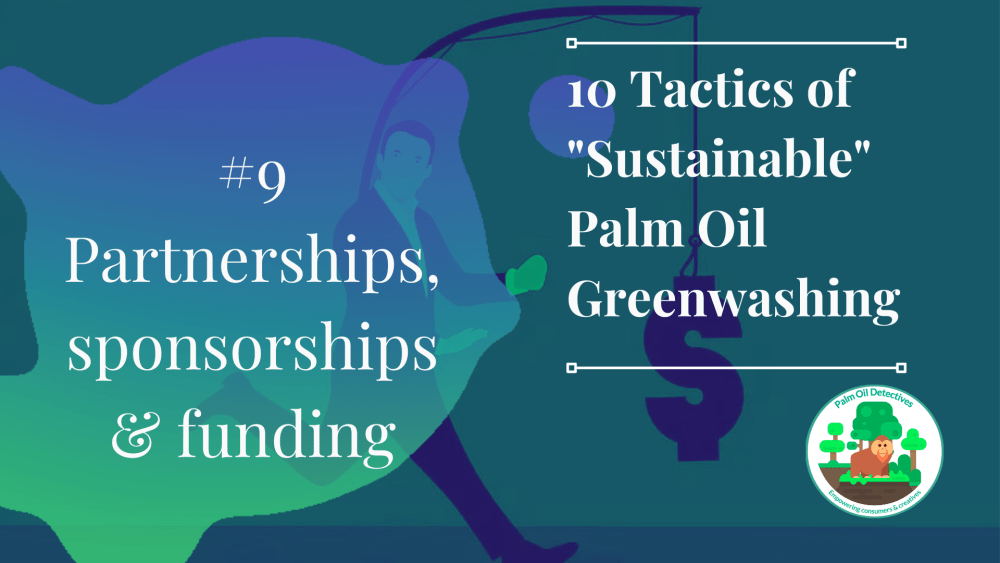

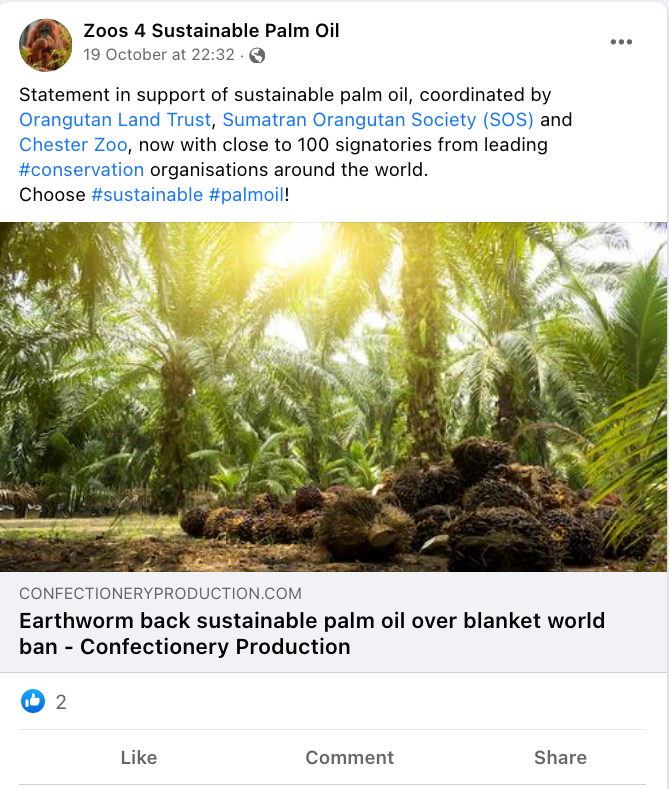
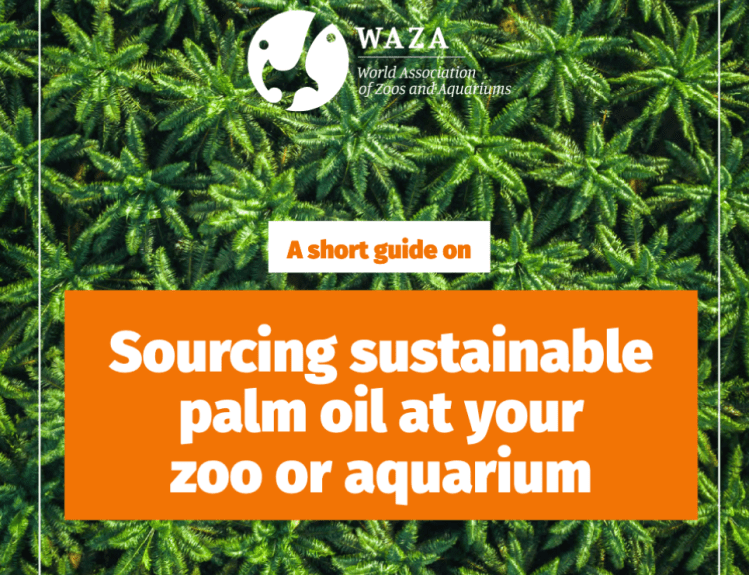
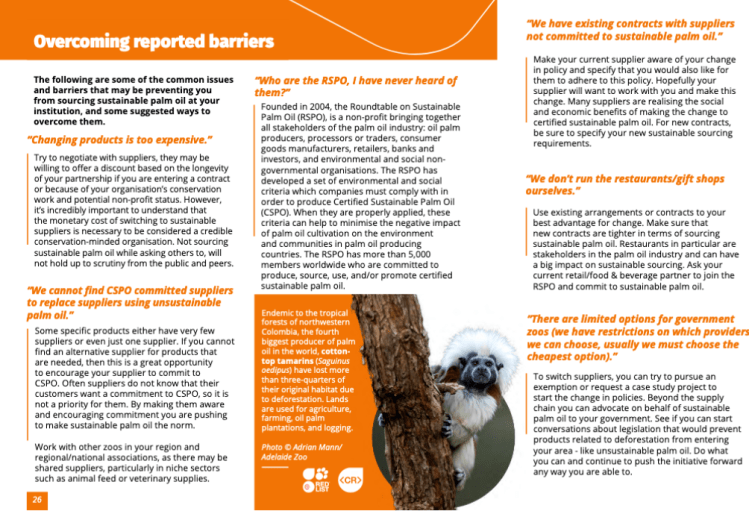
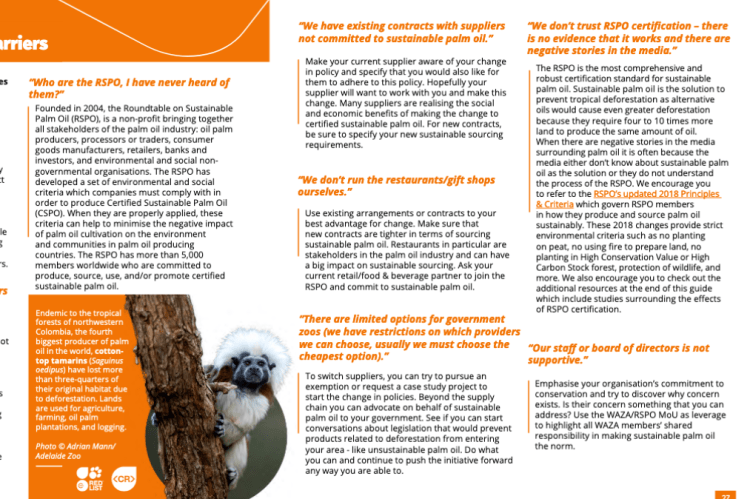
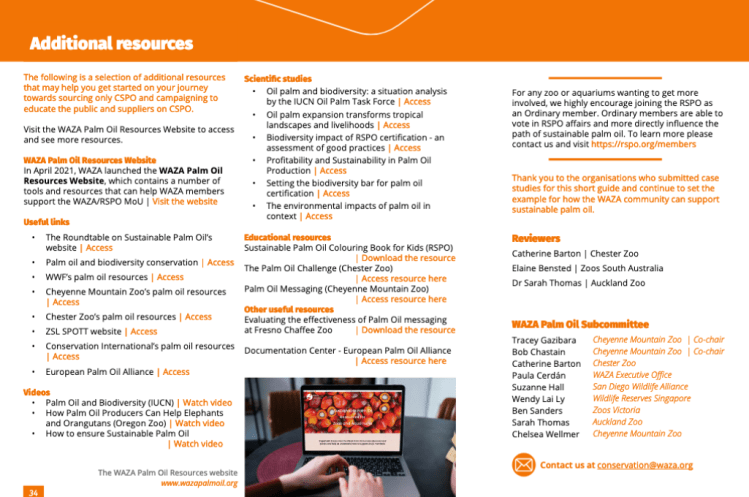
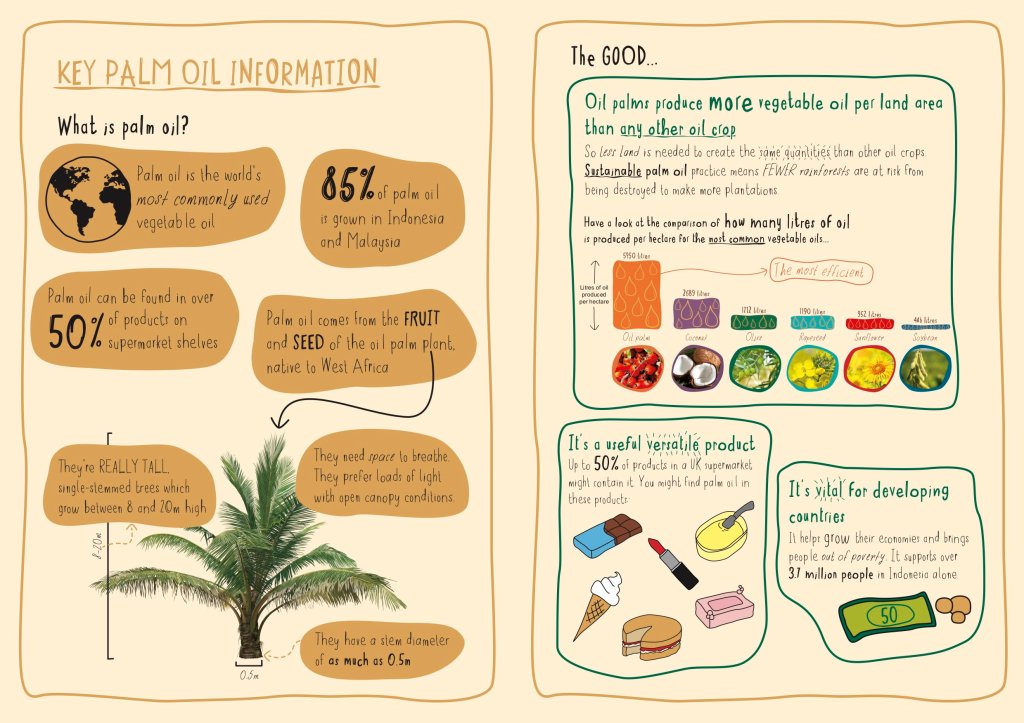




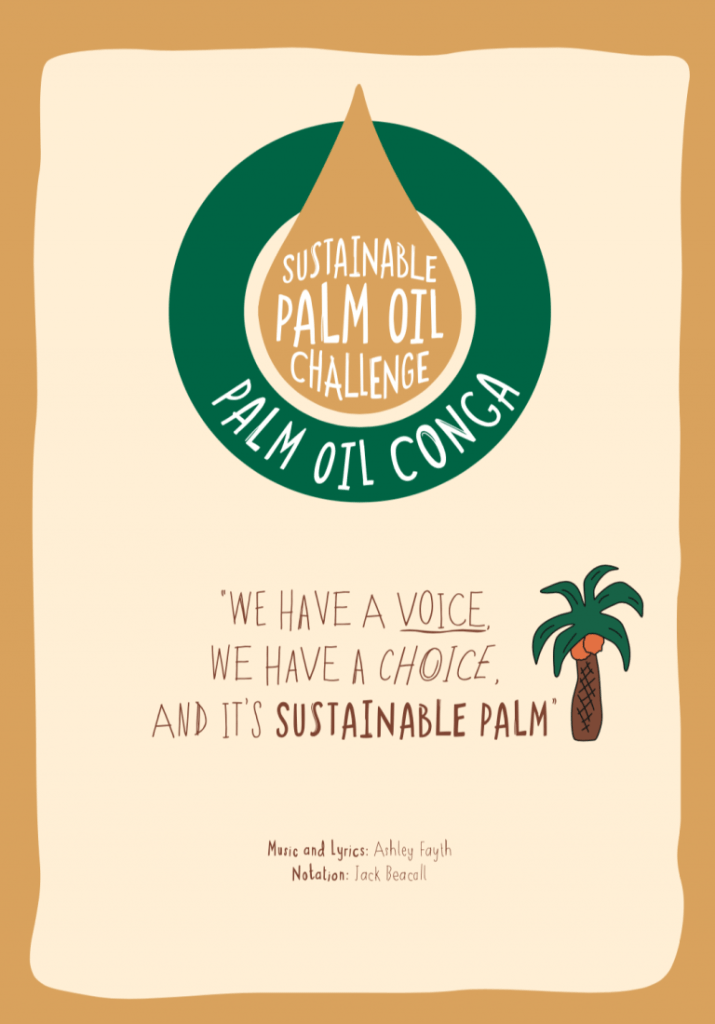
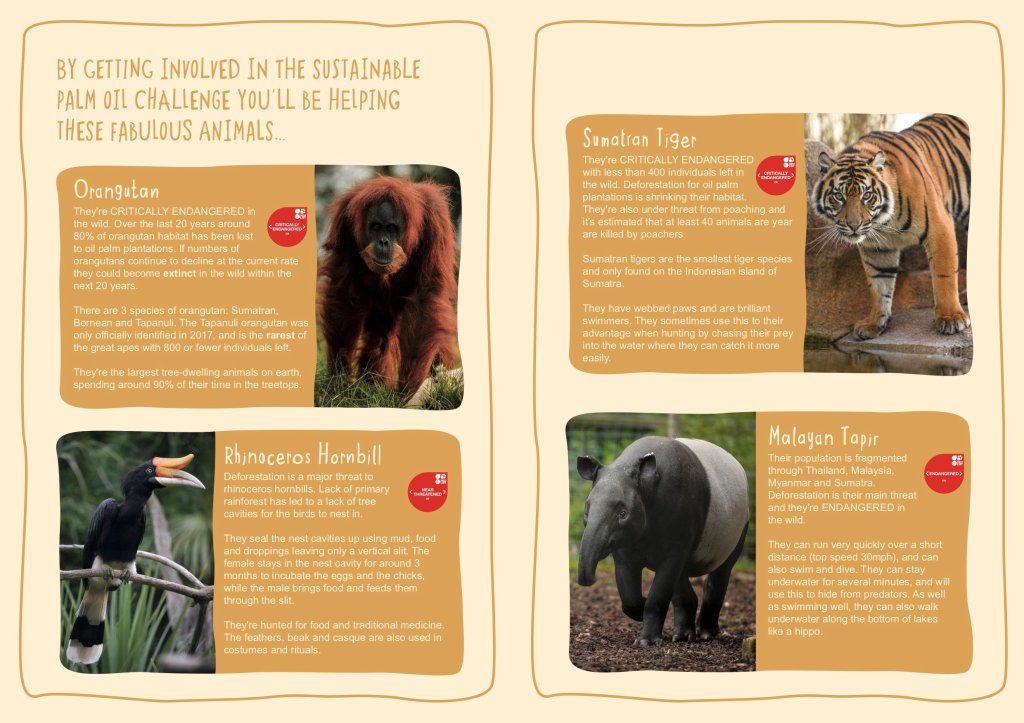
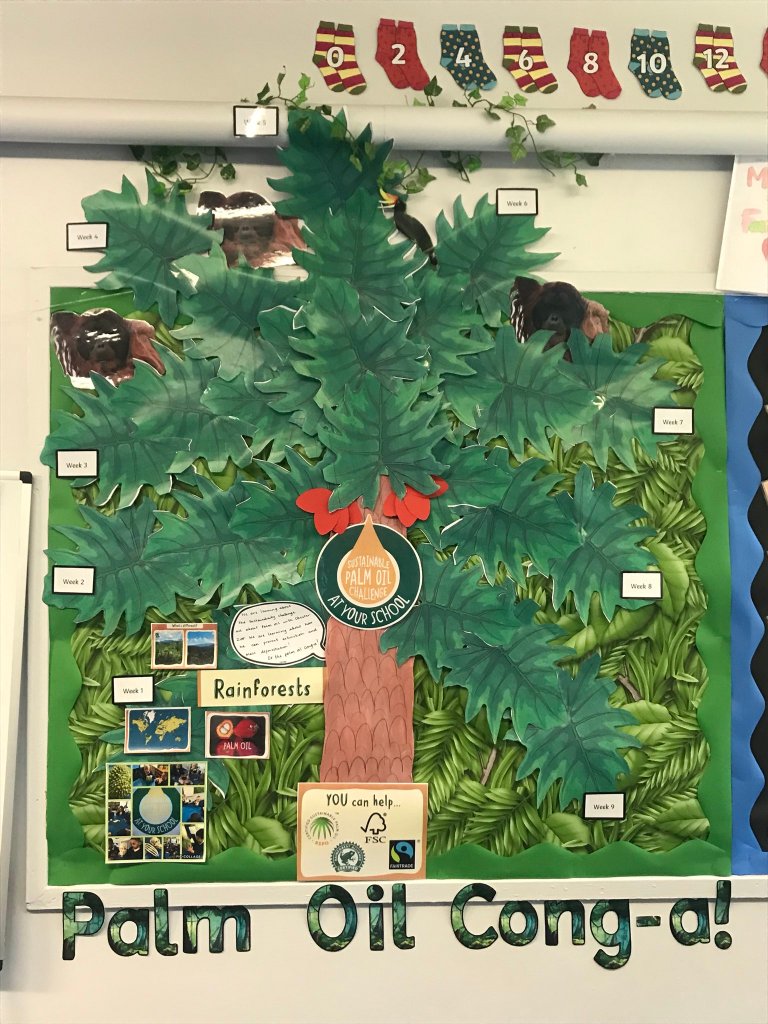
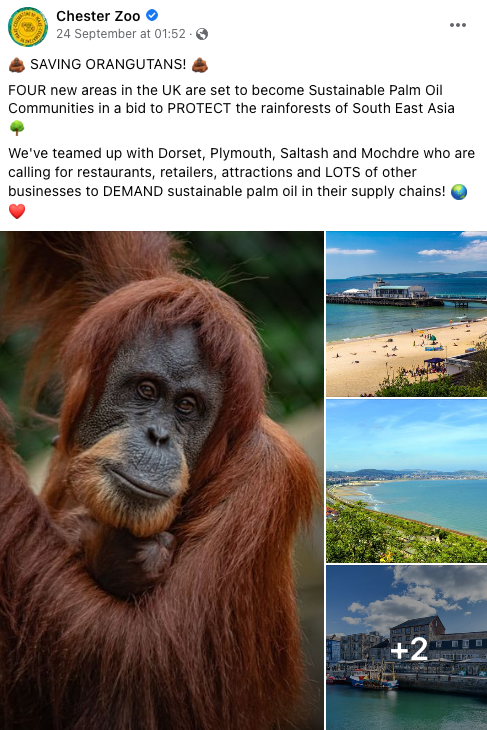
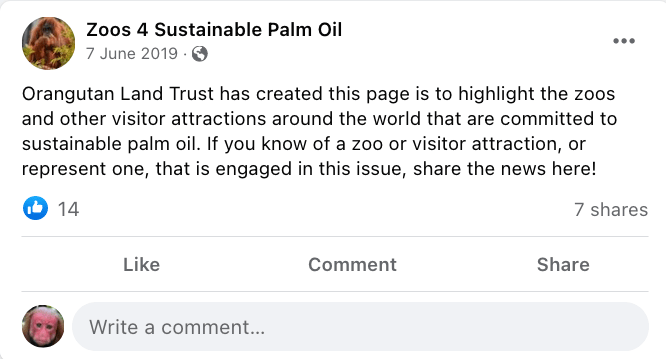
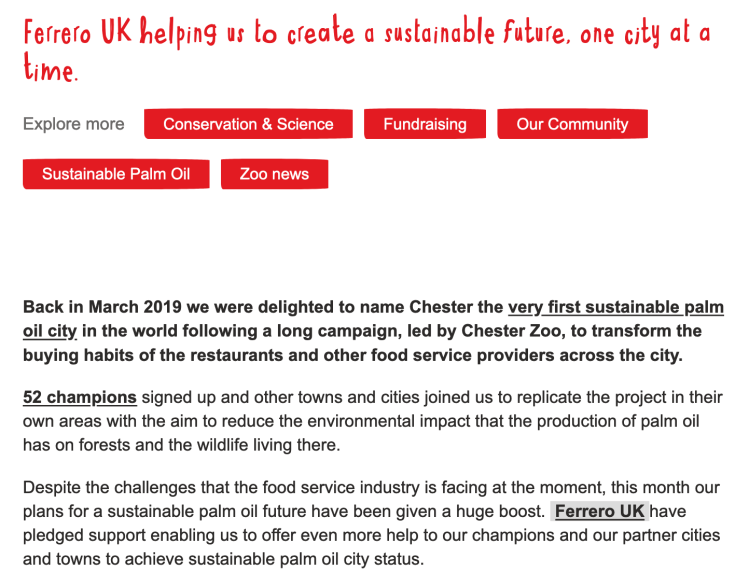


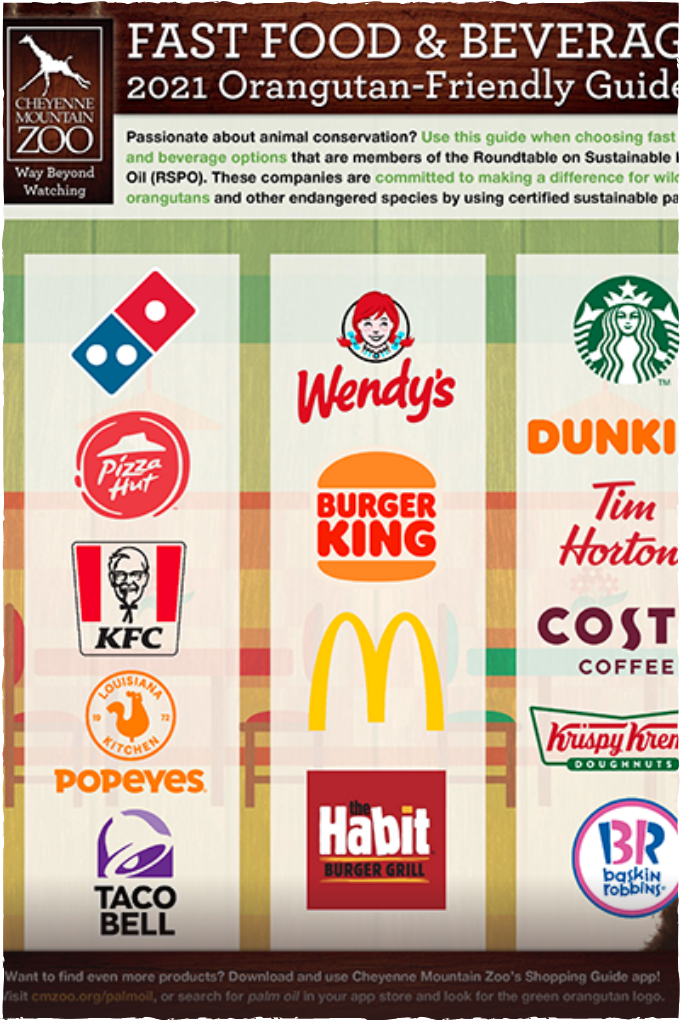
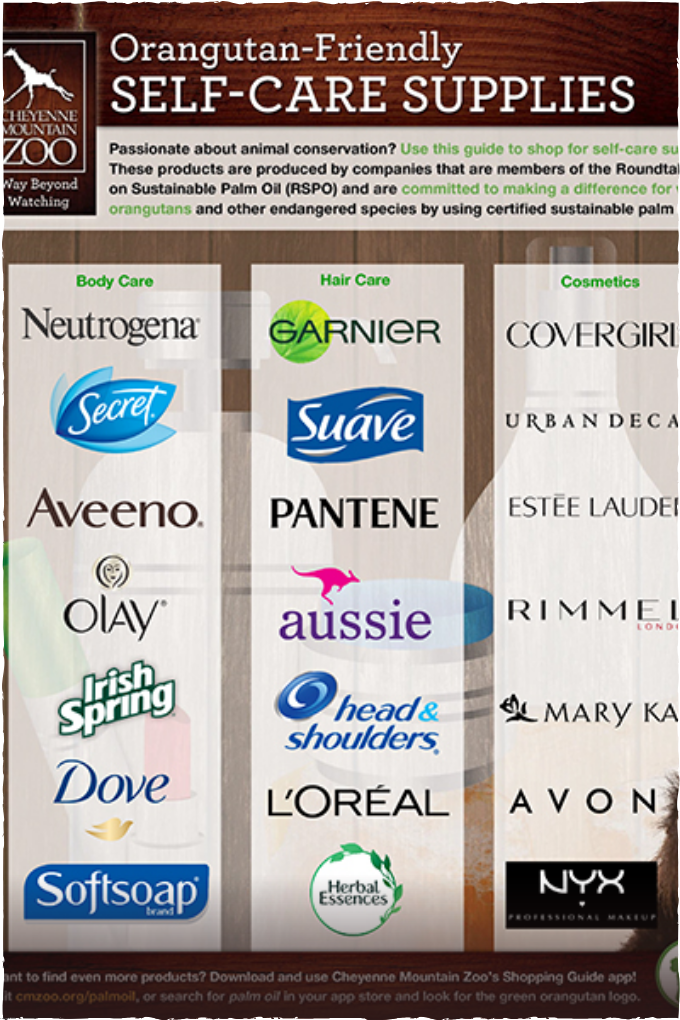
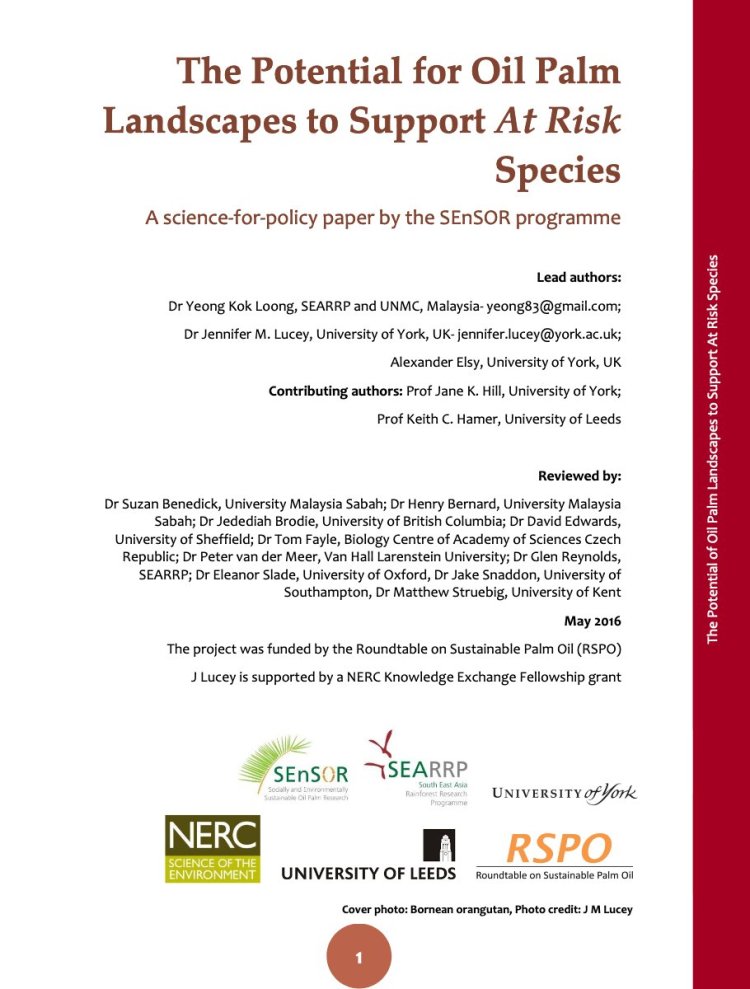
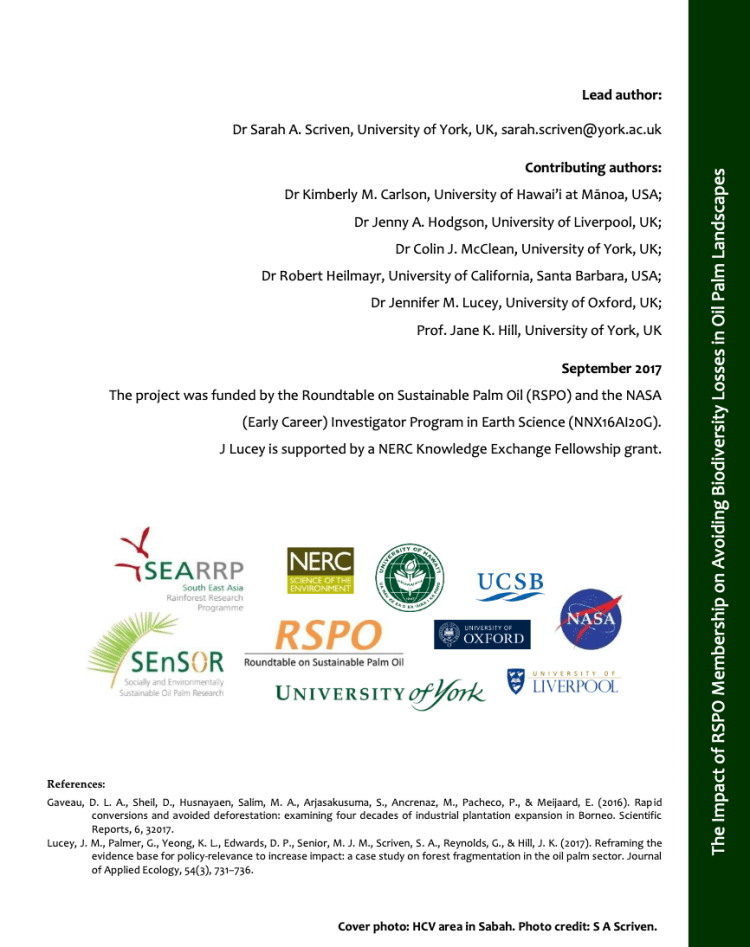
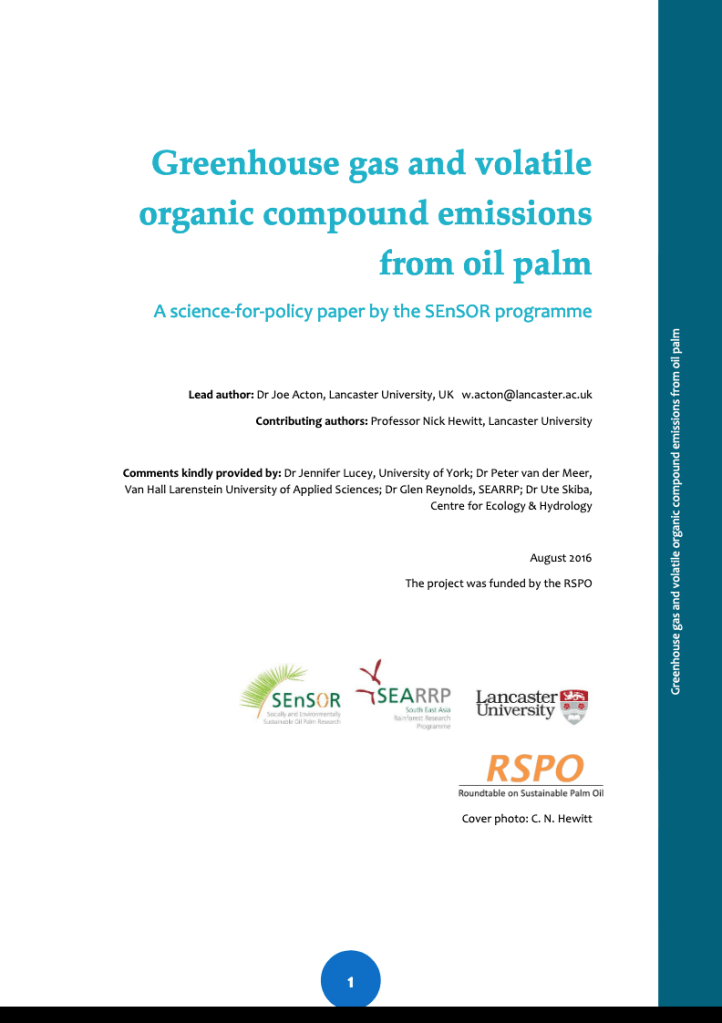

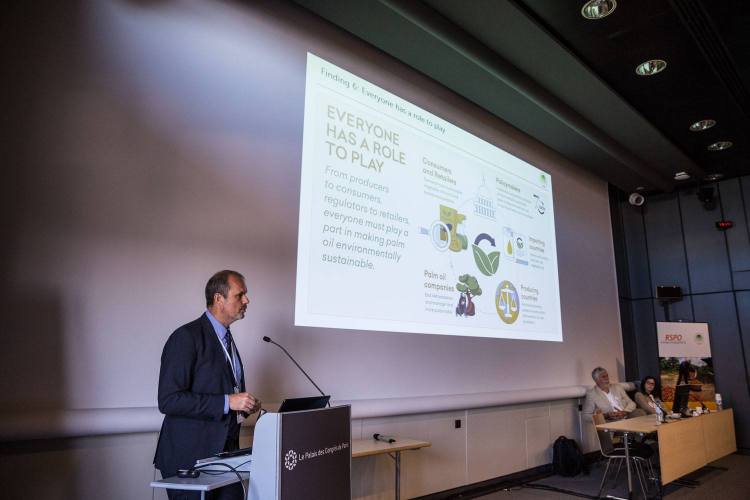

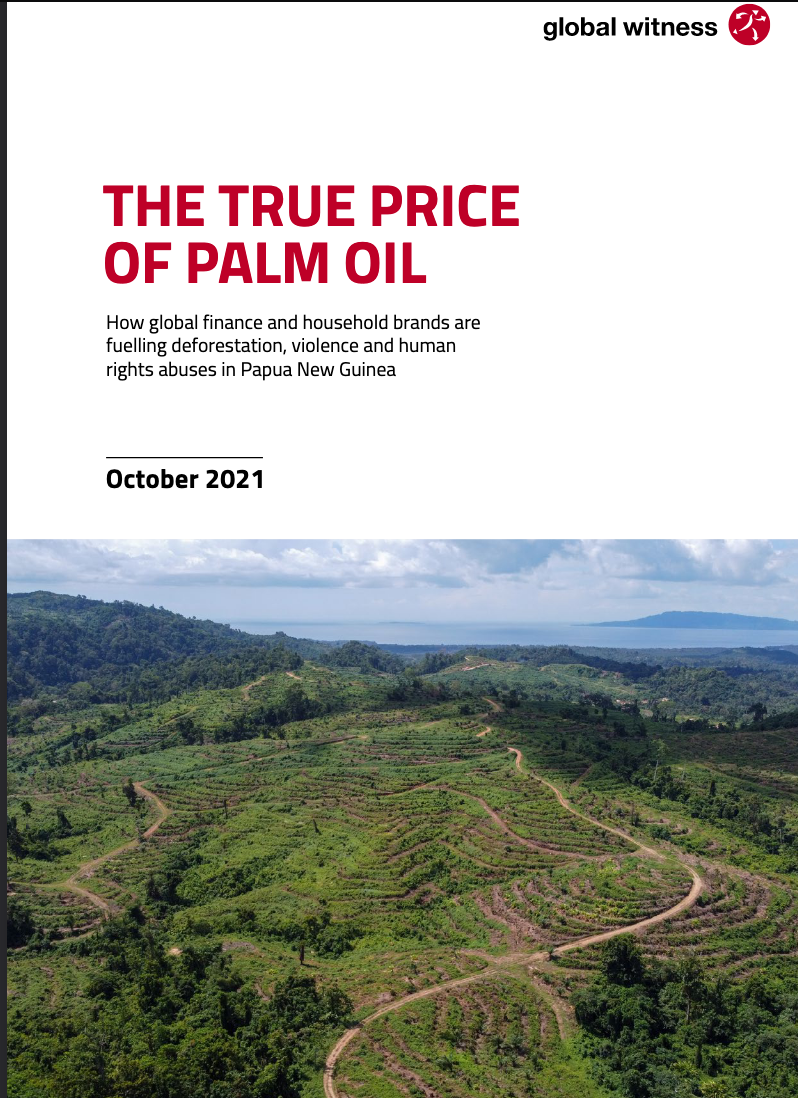
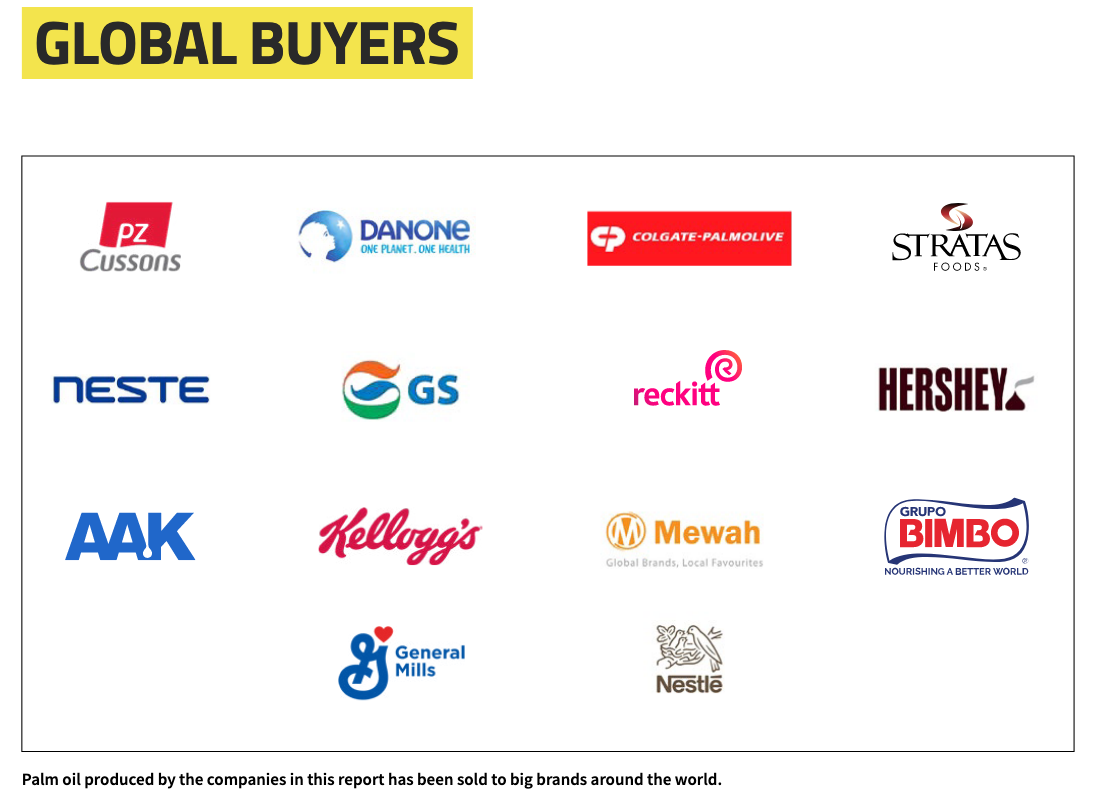
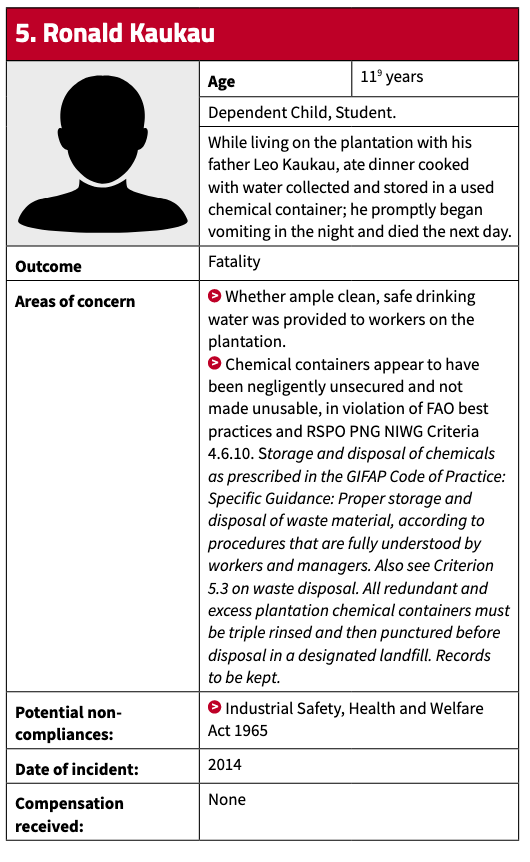
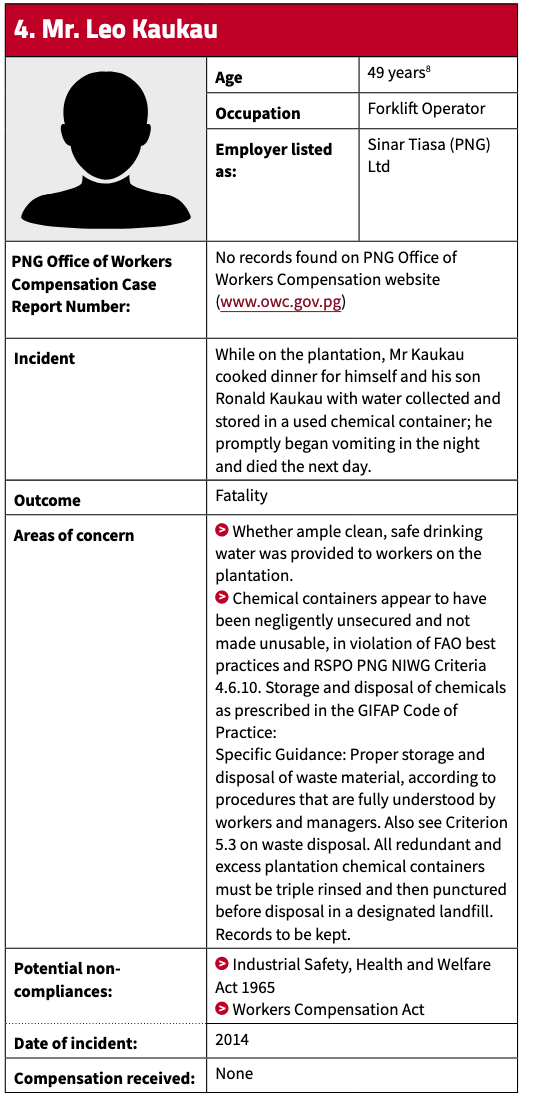
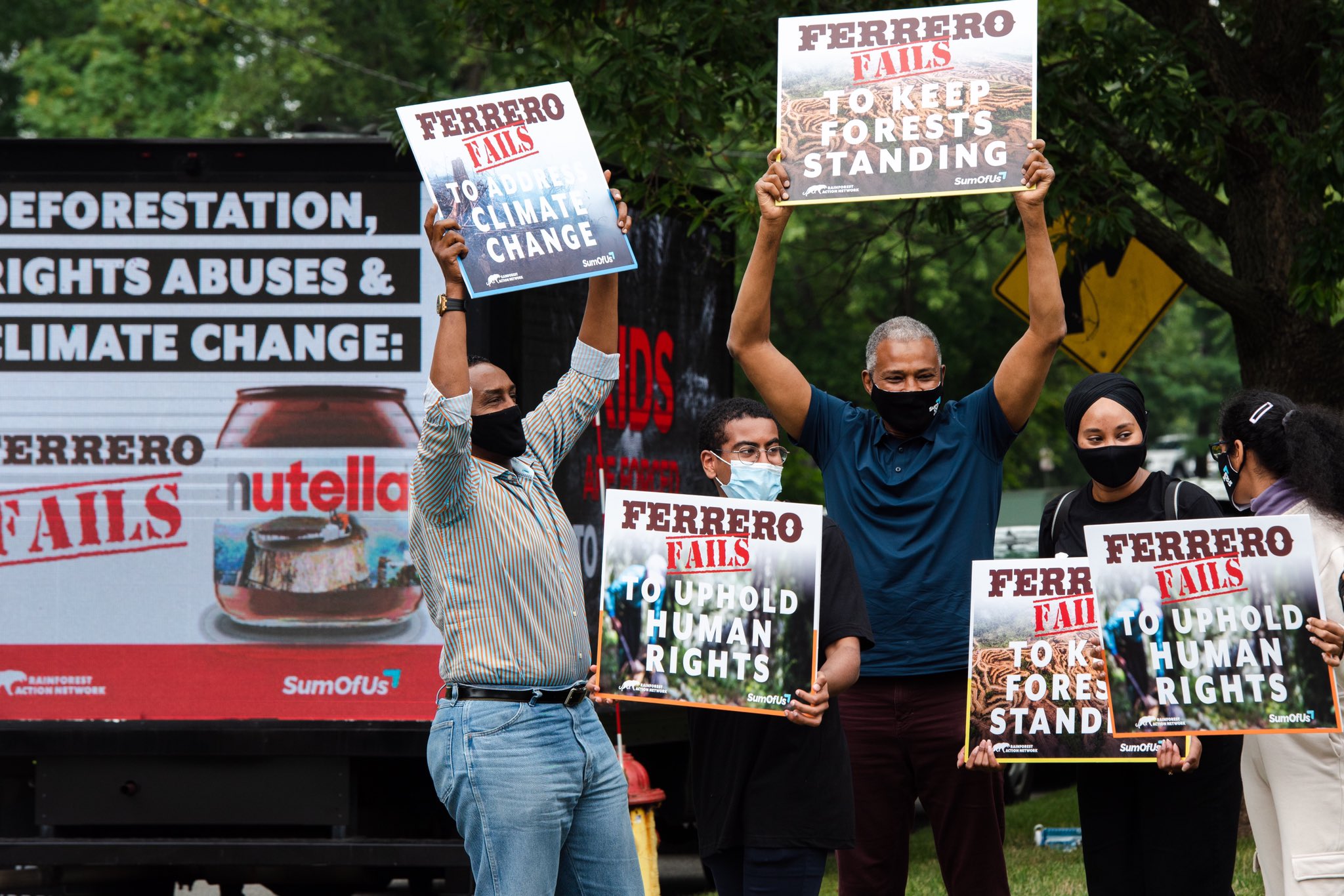
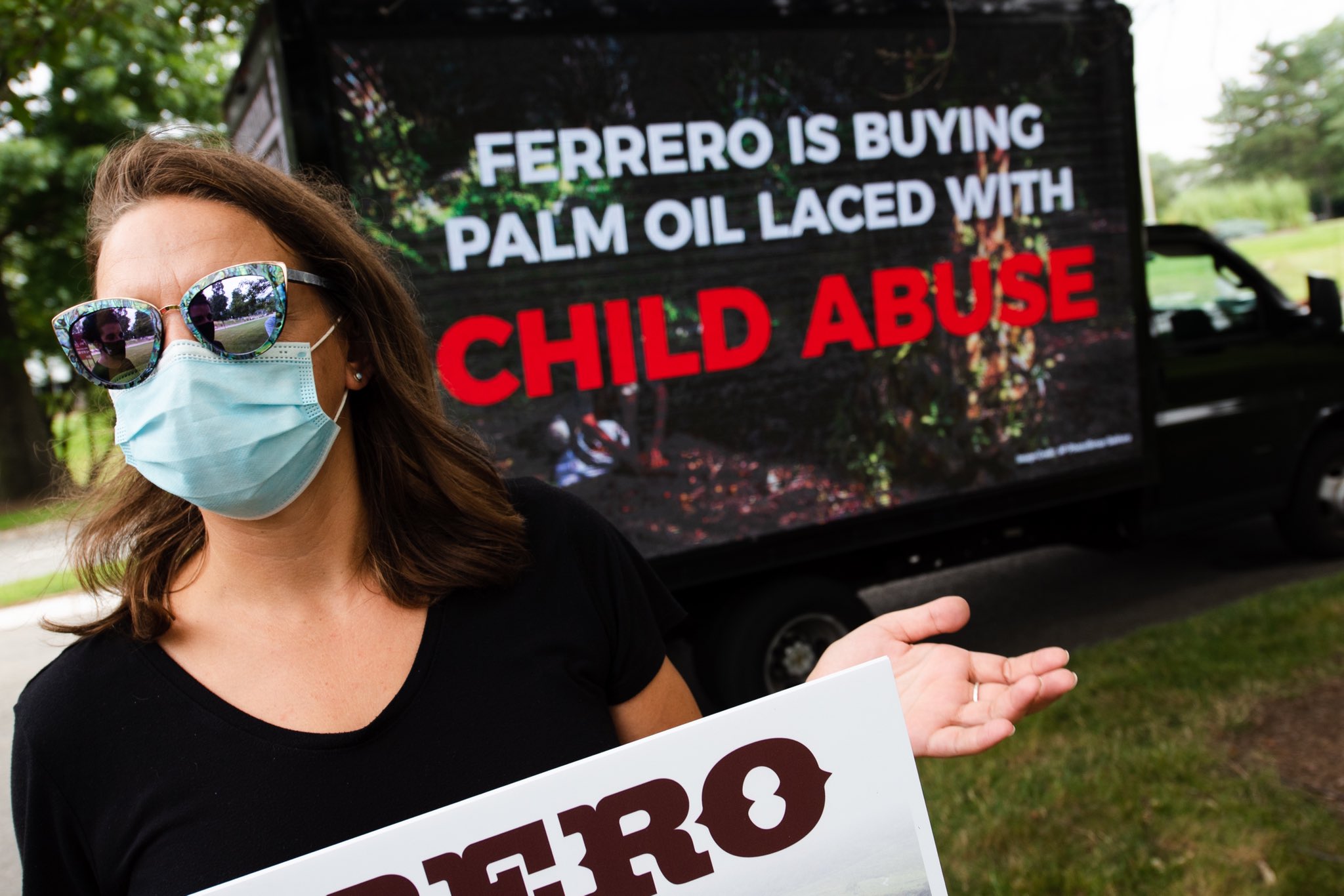
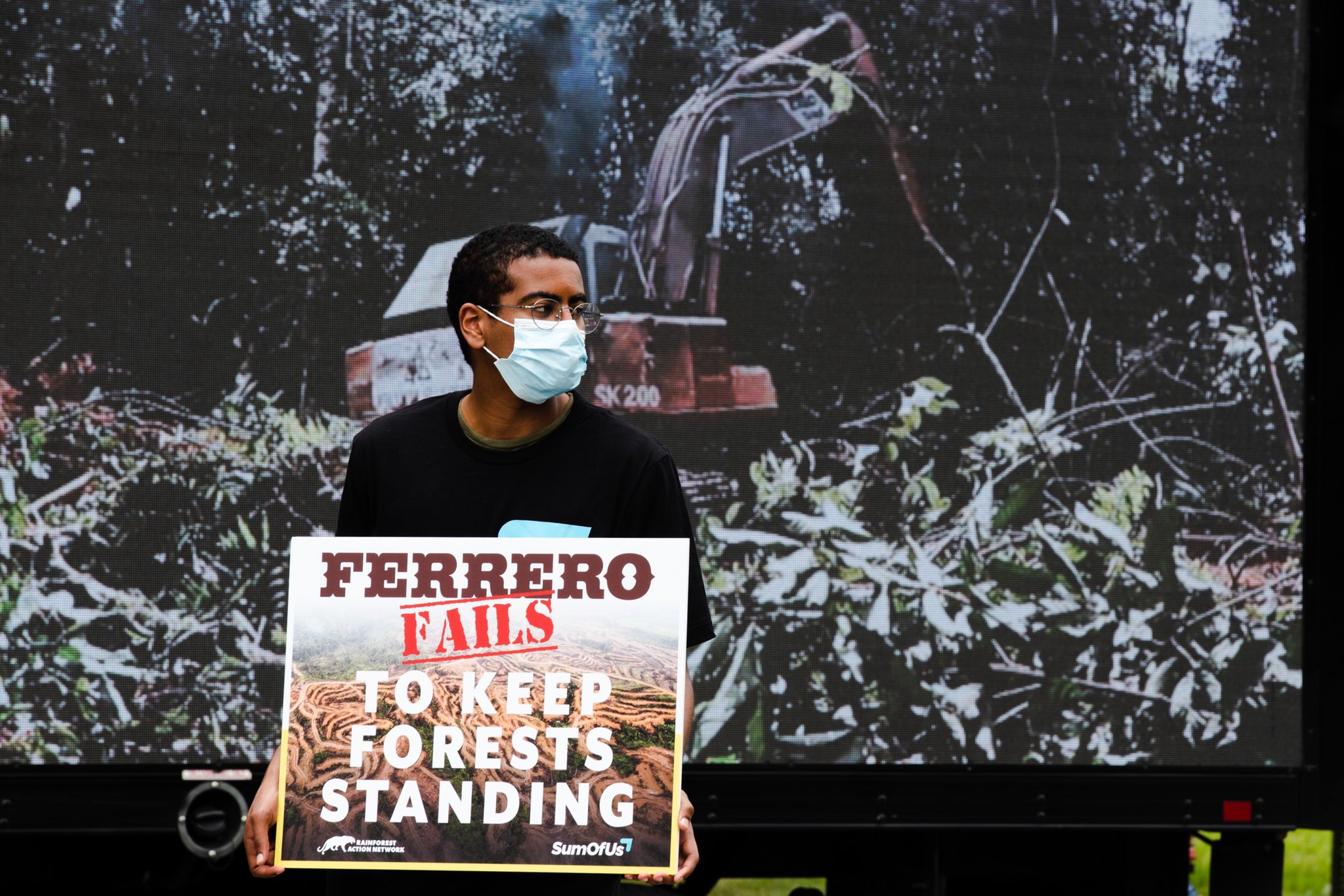
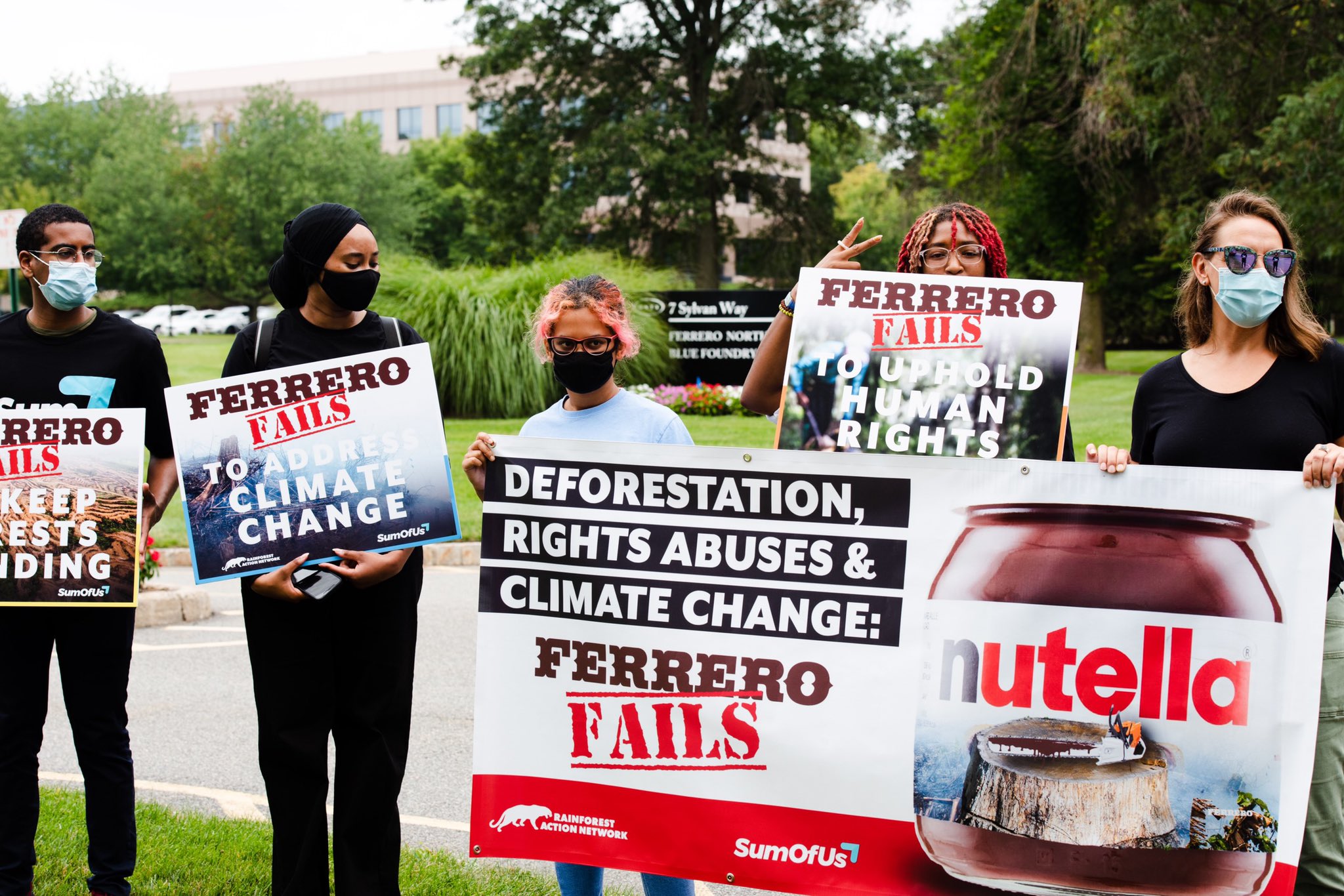
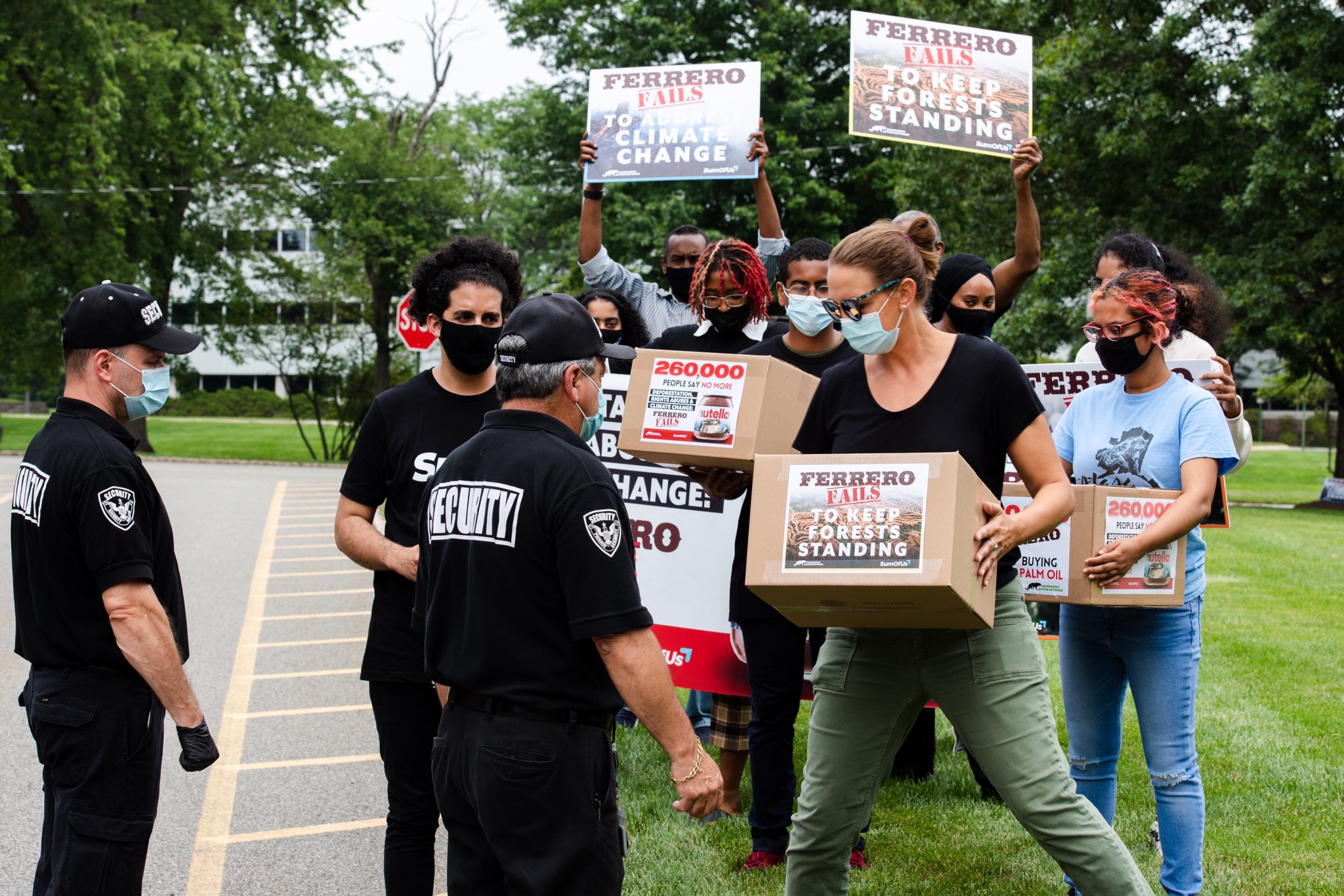
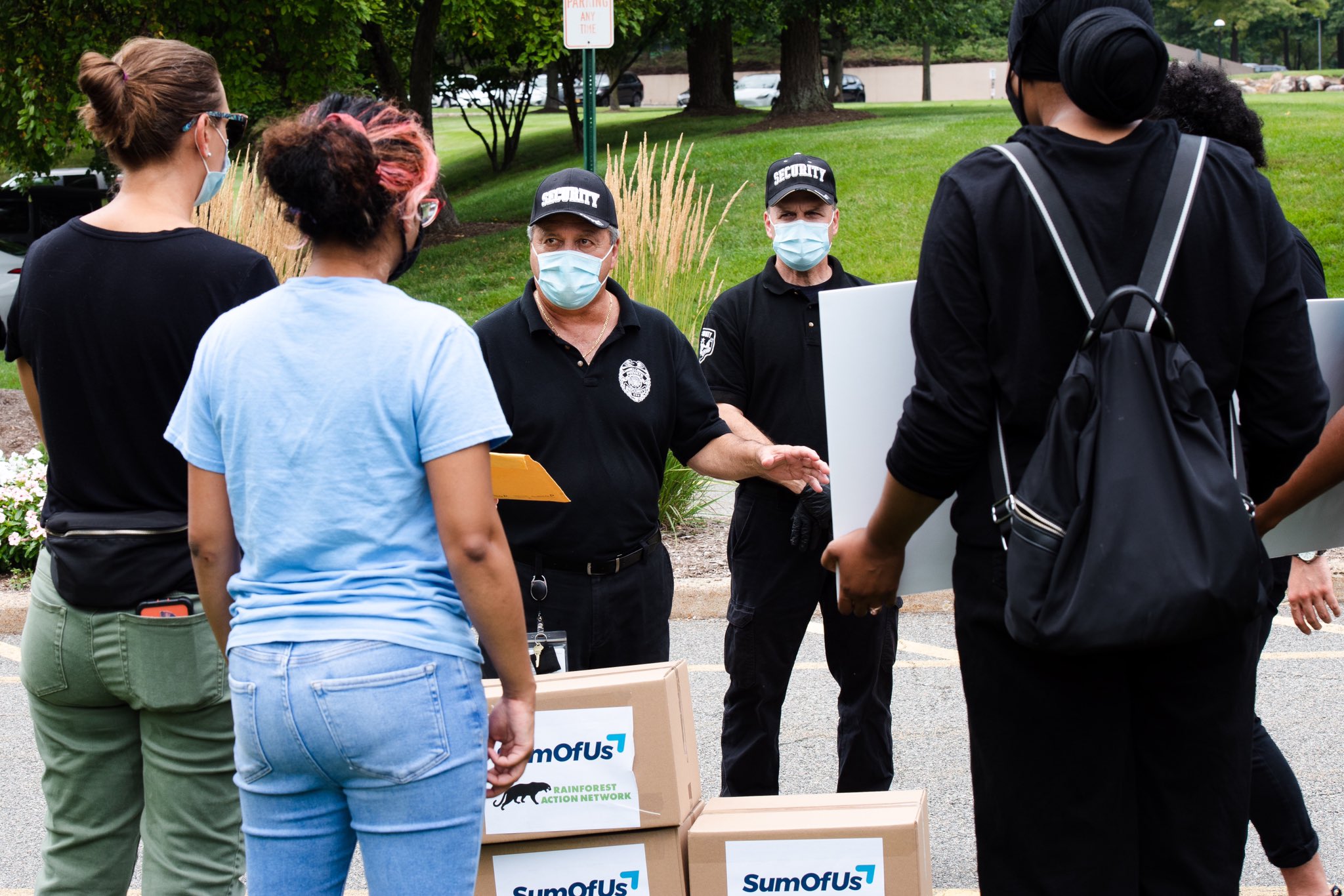
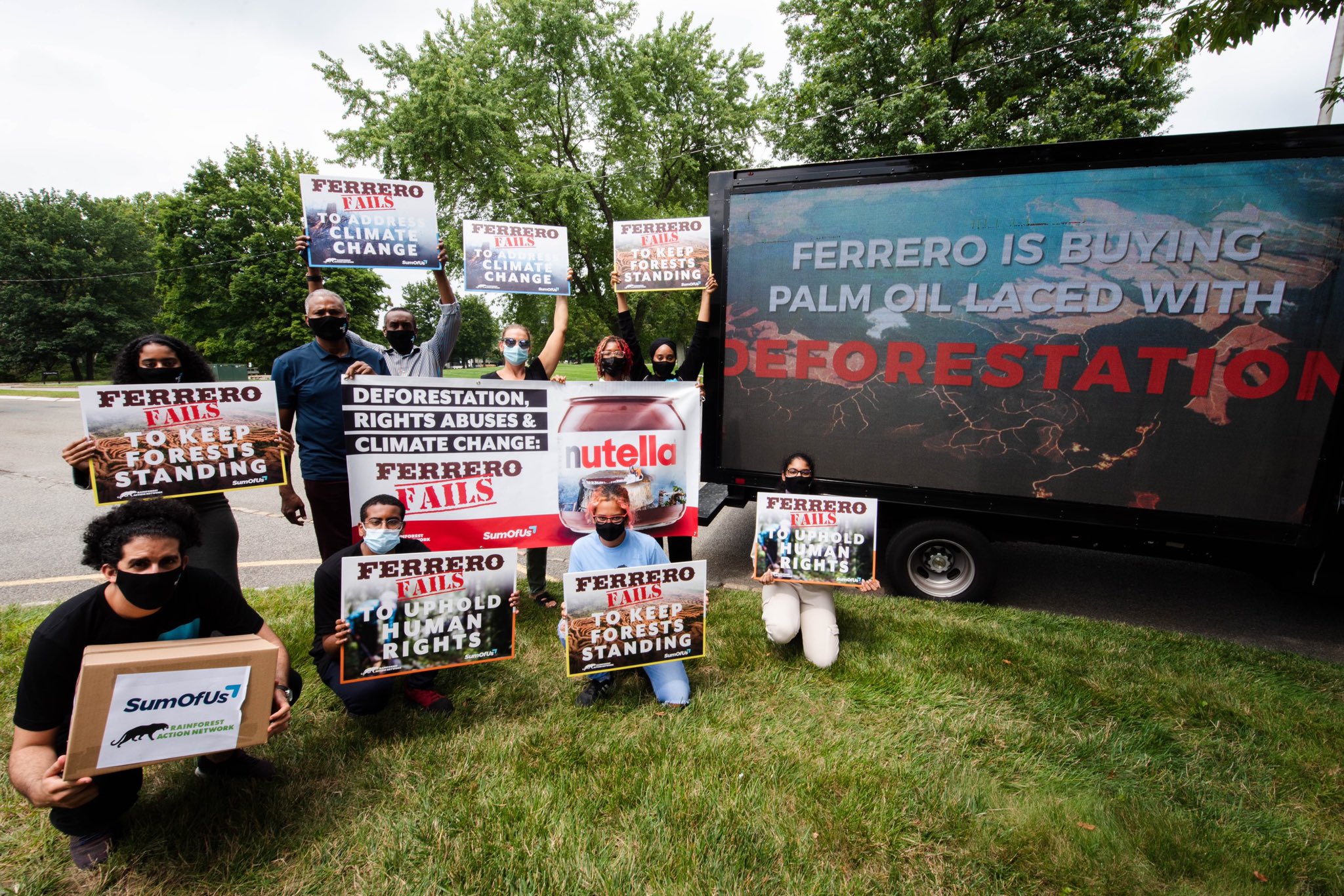
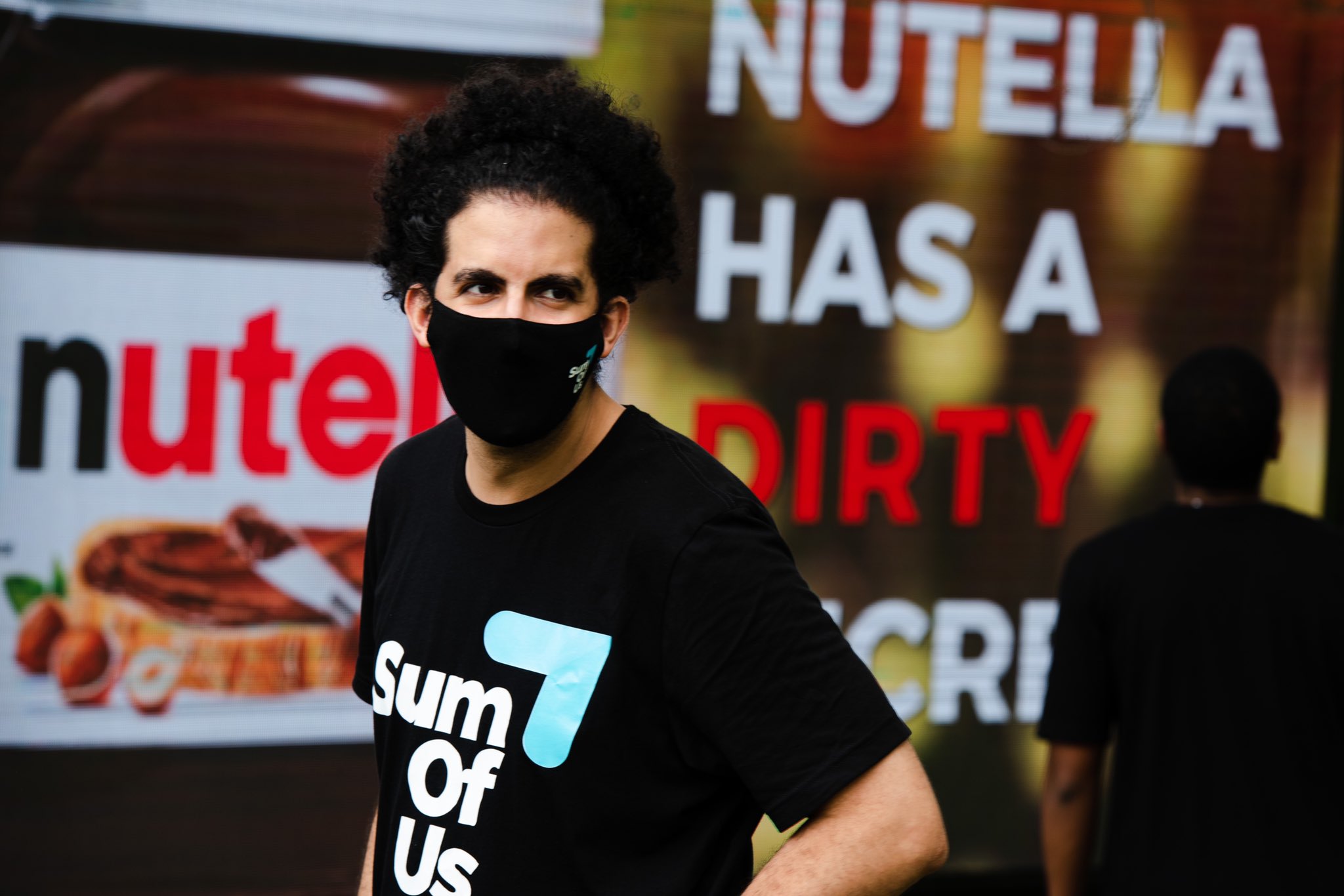
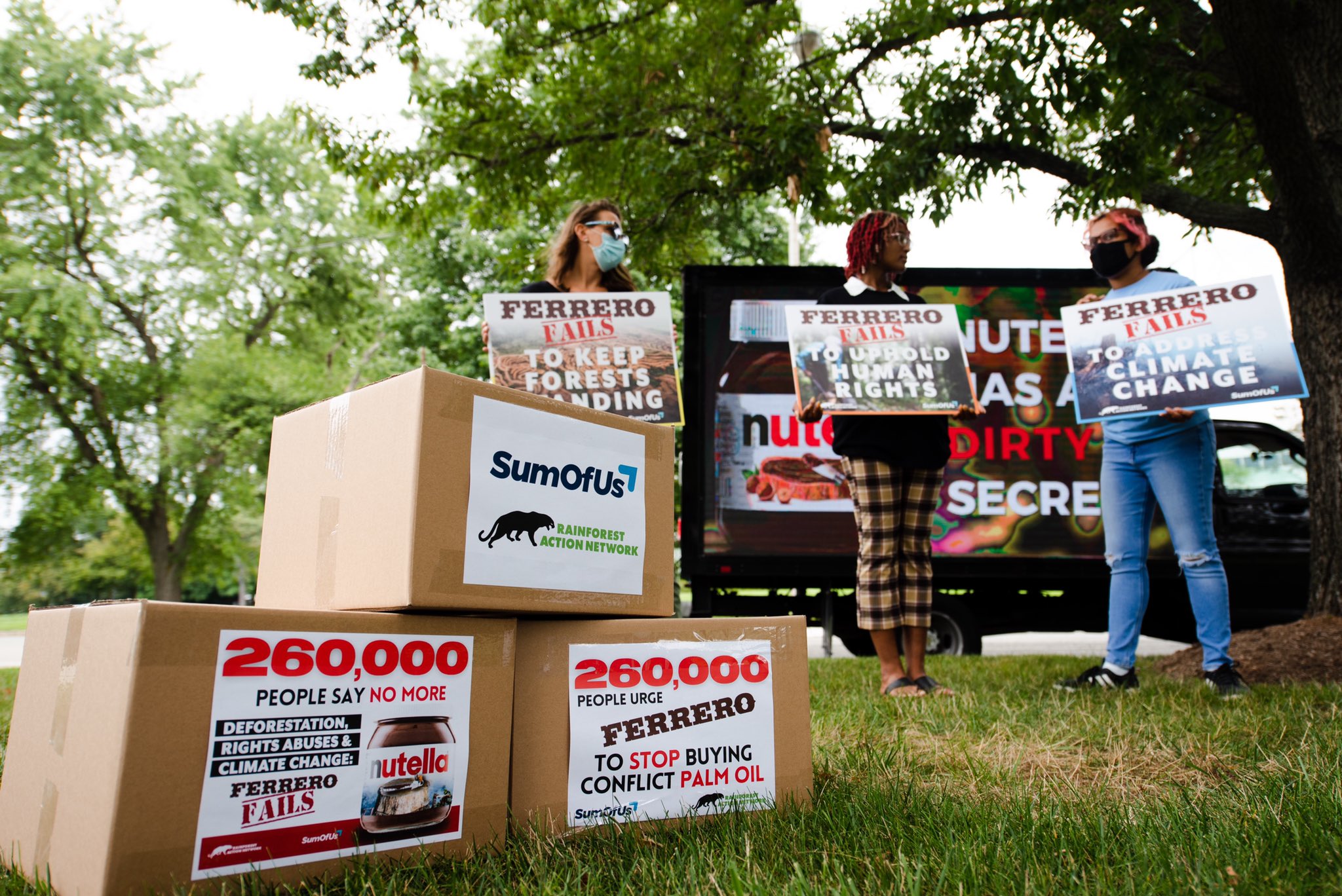

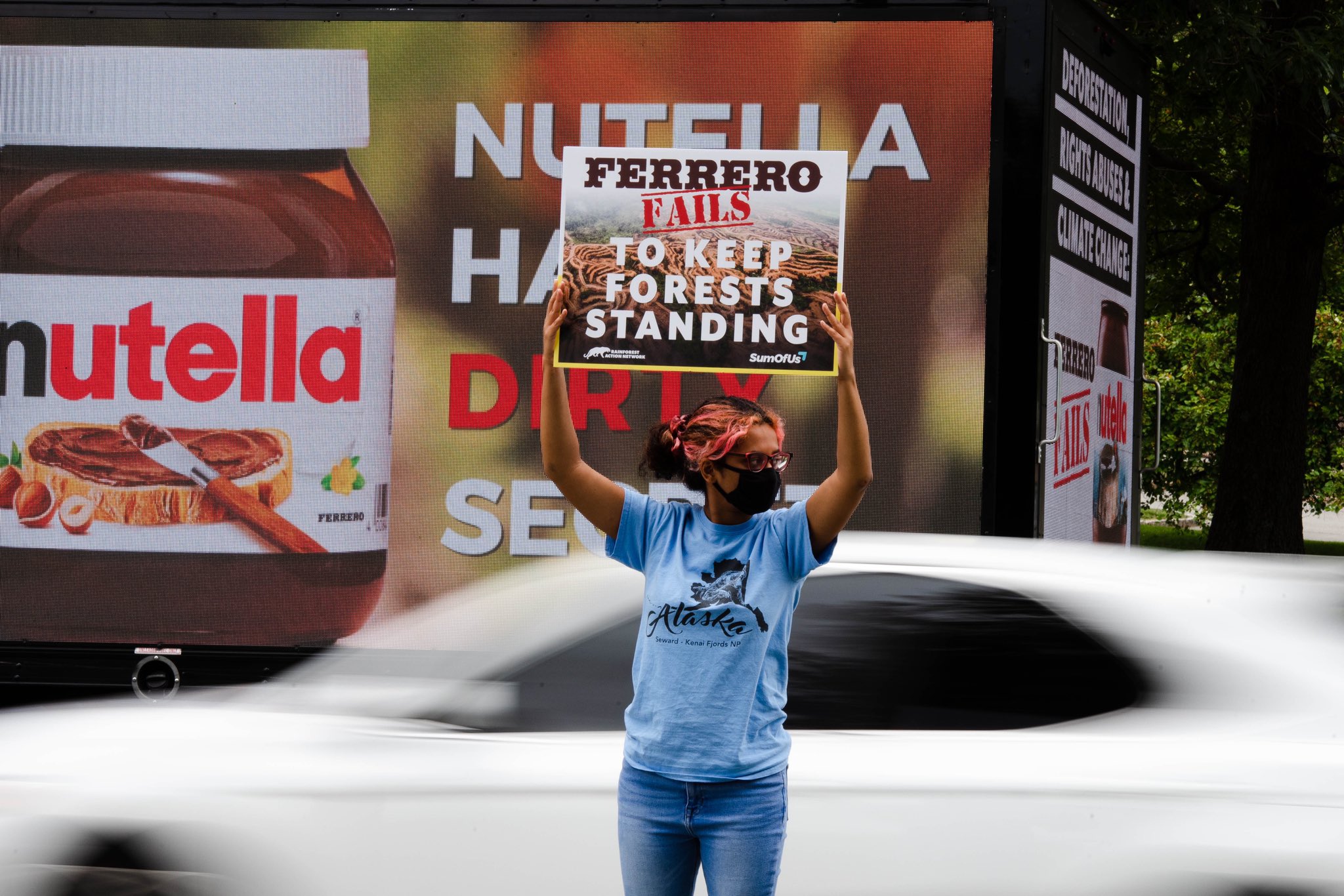
![The top five traders in Indonesia handled 75% of exports. The three biggest palm oil traders: Sinar Mas, Wilmar and Musim Mas also have the biggest deforestation risk of all RSPO members (deforestation goes against the RSPO's rules). [Source: Trase]](https://palmoildetectives.com/wp-content/uploads/2021/09/screenshot-2021-09-14-at-20-20-09-trase-insights-yearbook.png?w=1024)
![The top five traders in Indonesia handled 75% of exports. The three biggest palm oil traders: Sinar Mas, Wilmar and Musim Mas also have the biggest deforestation risk of all RSPO members (deforestation goes against the RSPO's rules). [Source: Trase]](https://palmoildetectives.com/wp-content/uploads/2021/09/screenshot-2021-09-14-at-20-35-46-trase-insights-yearbook.png?w=1024)
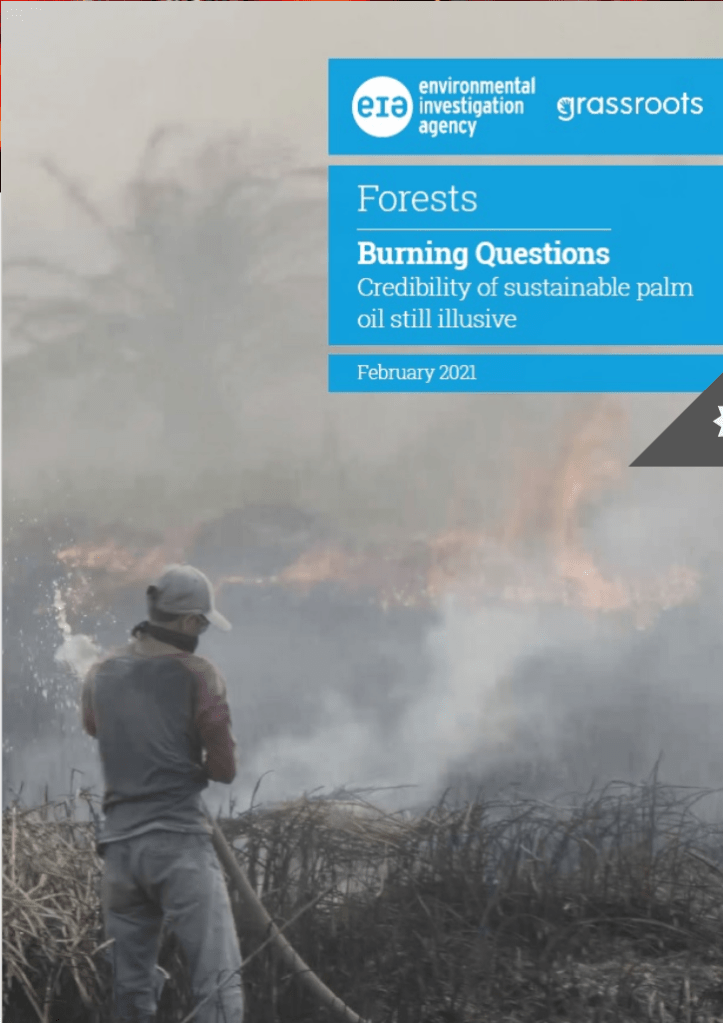

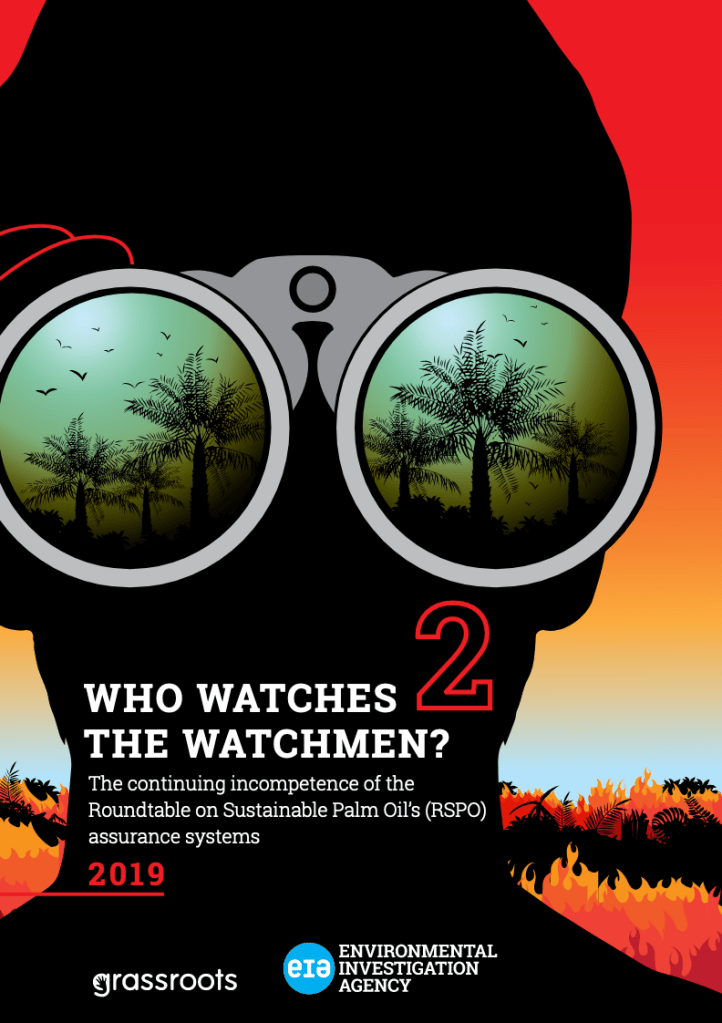
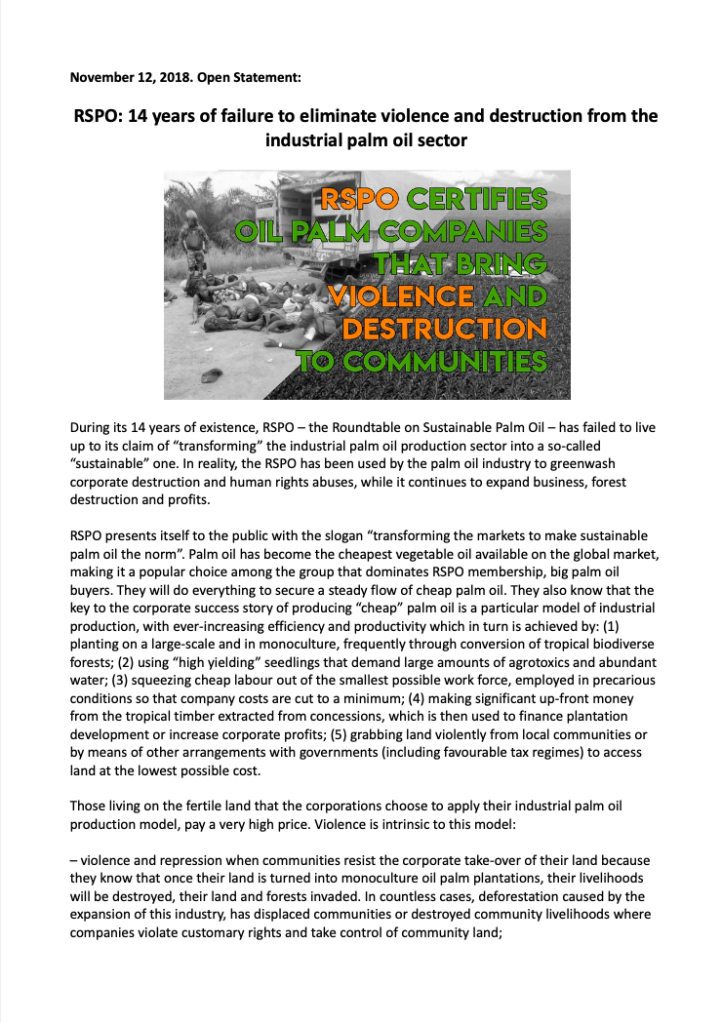
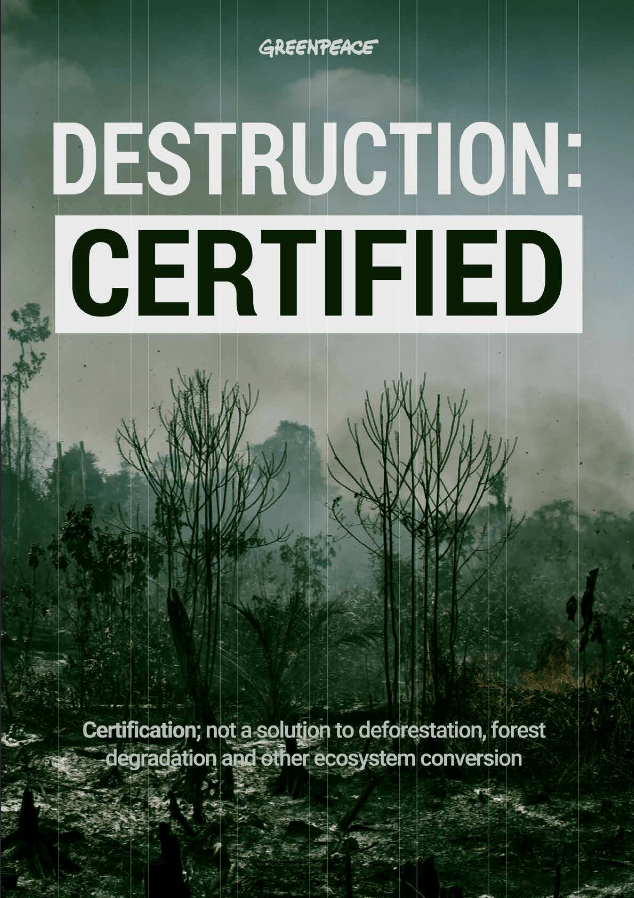
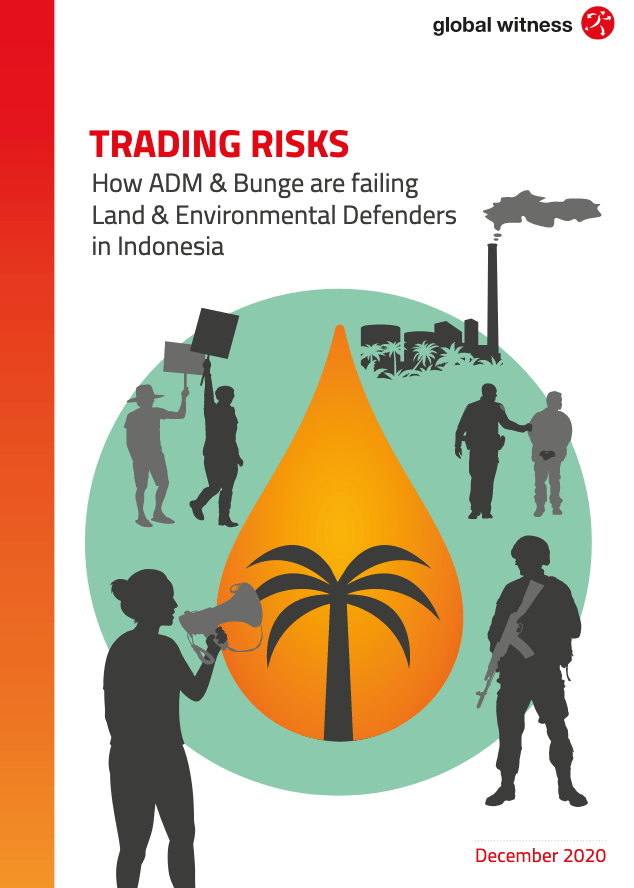
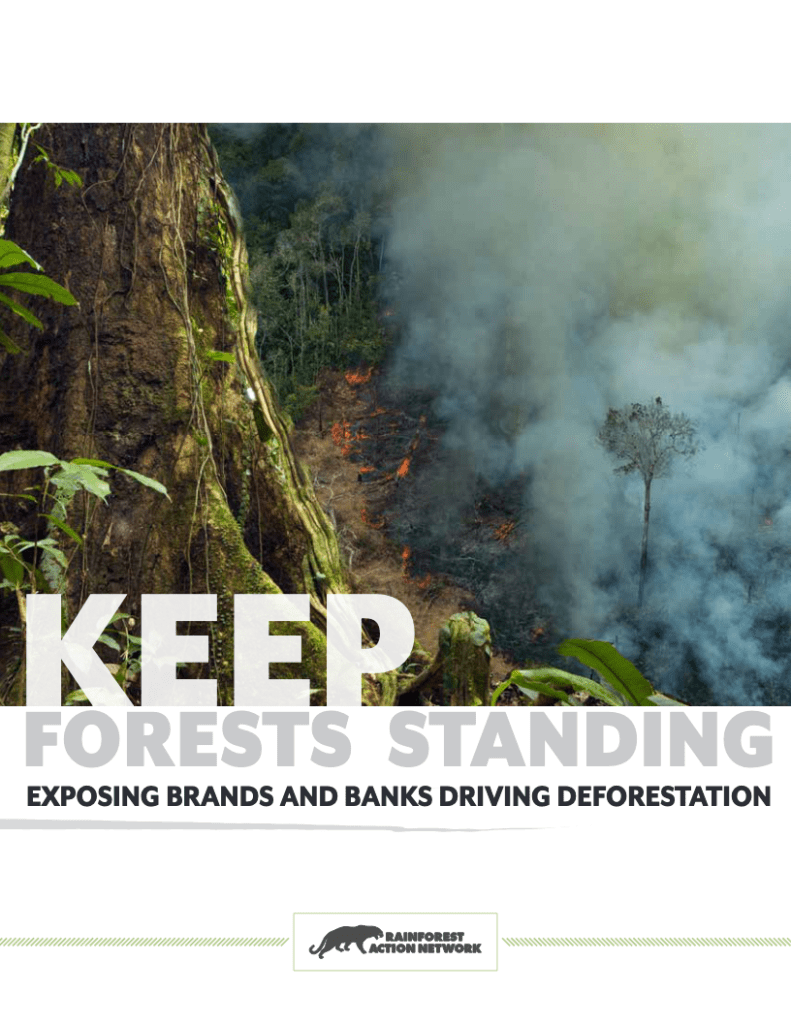
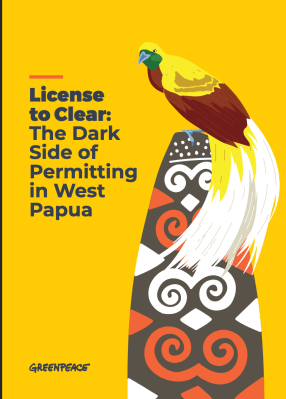
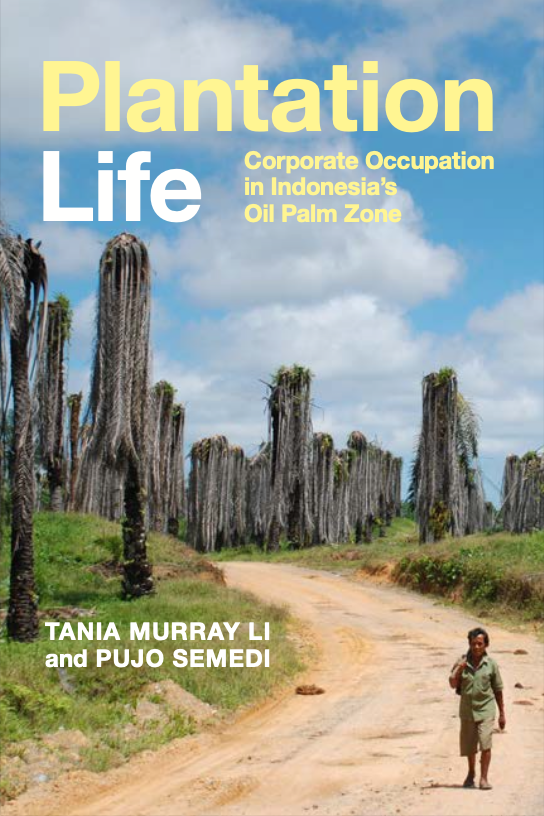
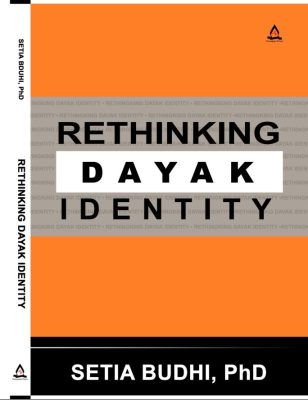
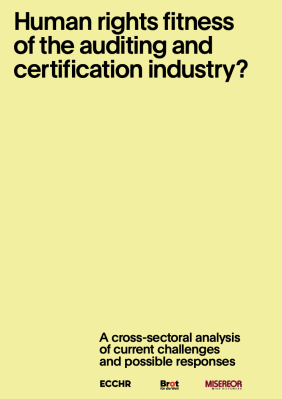
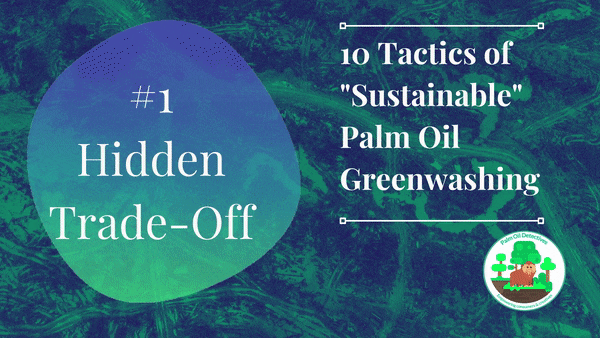

6 thoughts on “Greenwashing Tactic 9: Partnerships, Sponsorships and Research Funding”